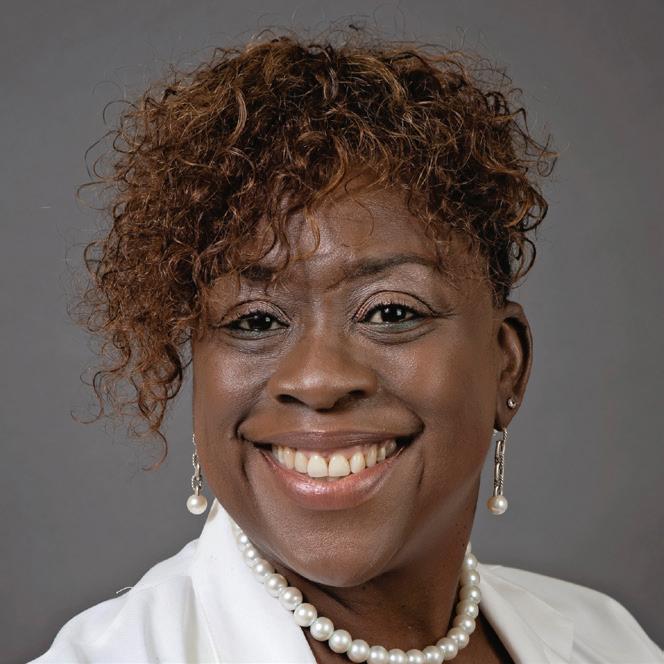










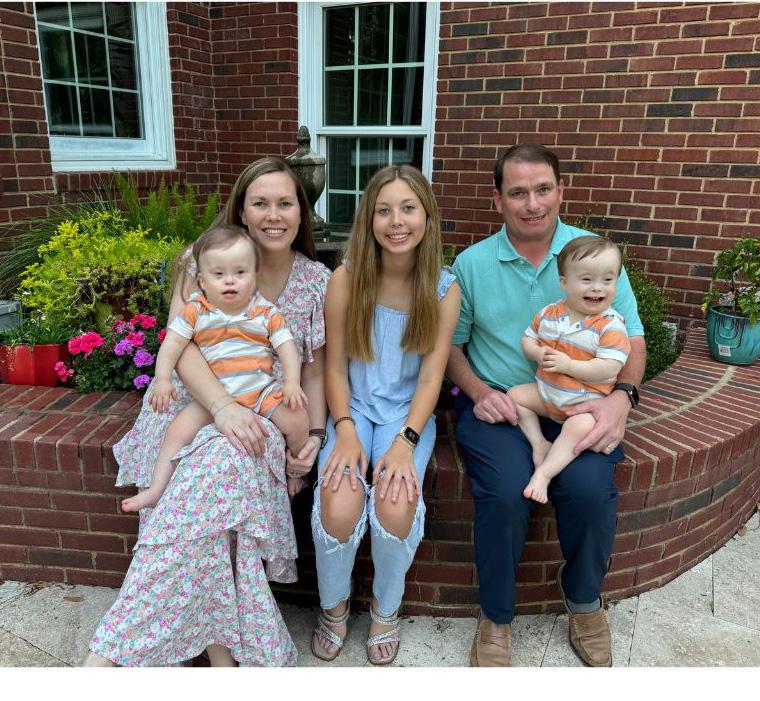
“First National Bank has been more than just a financial institution to me and my family; it’s been a lifeline. As a mother of three, including two precious special needs boys, finding a banking partner who truly understands our unique needs is vital. We have found ourselves traveling a lot between Atlanta hospitals and doctor office visits. Thankfully, with First National Bank’s mobile banking, we can manage our finances from anywhere. This flexibility allows us to focus on what matters most – our family’s well-being and that’s Banking that Matters to us.”
#BankingThatMatters #FNBDecaturCounty
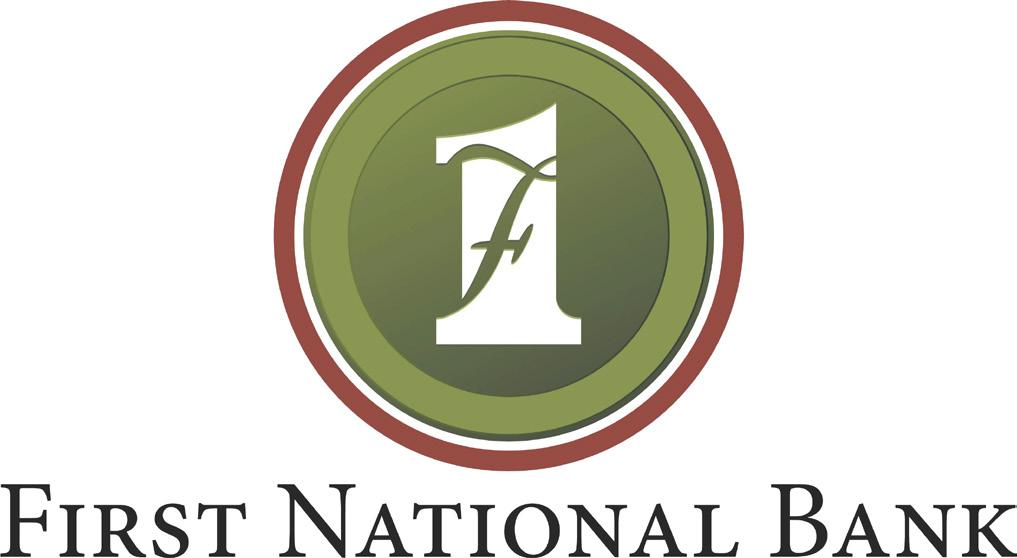 Stephanie Ivey
Stephanie Ivey
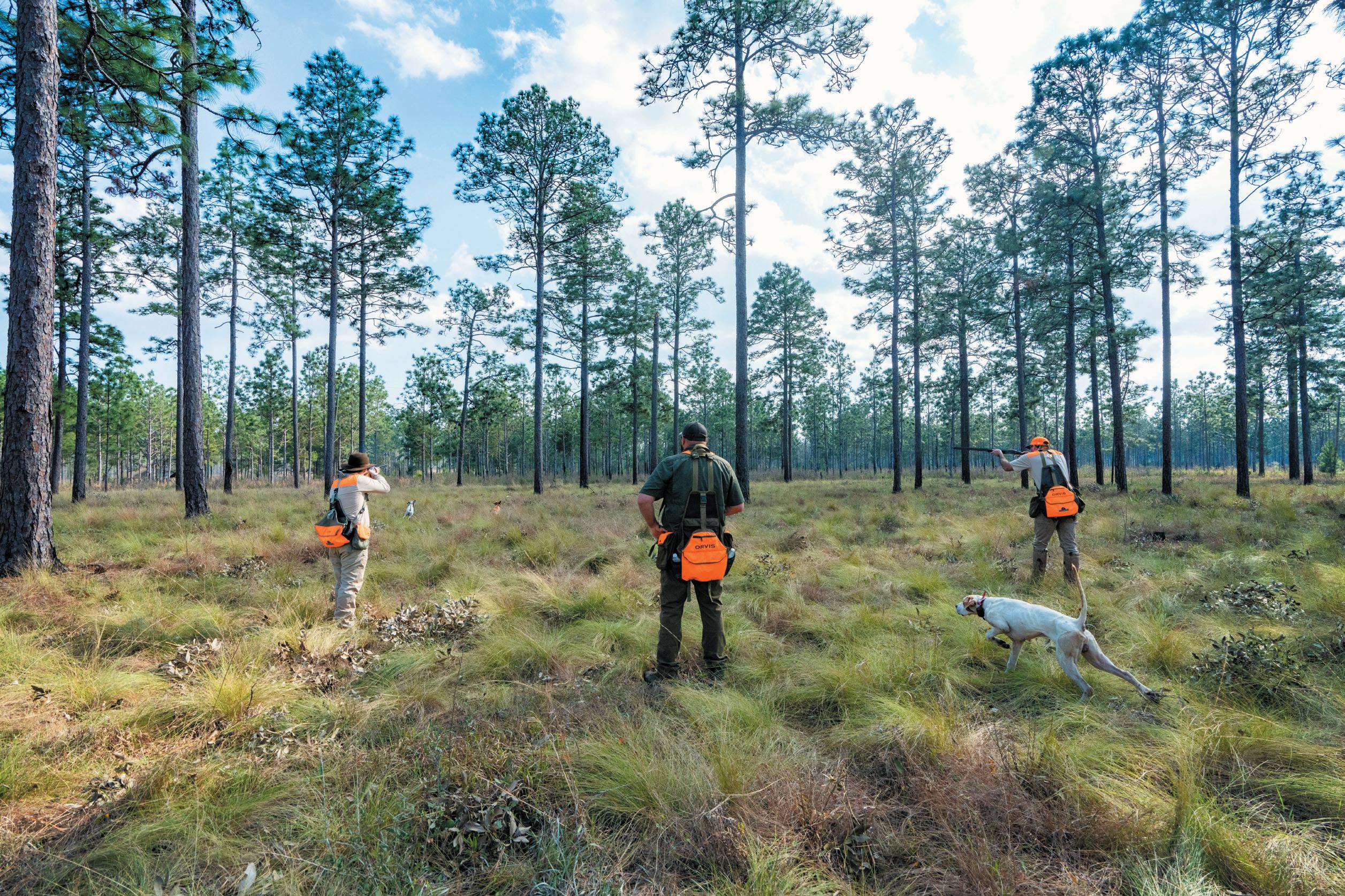

















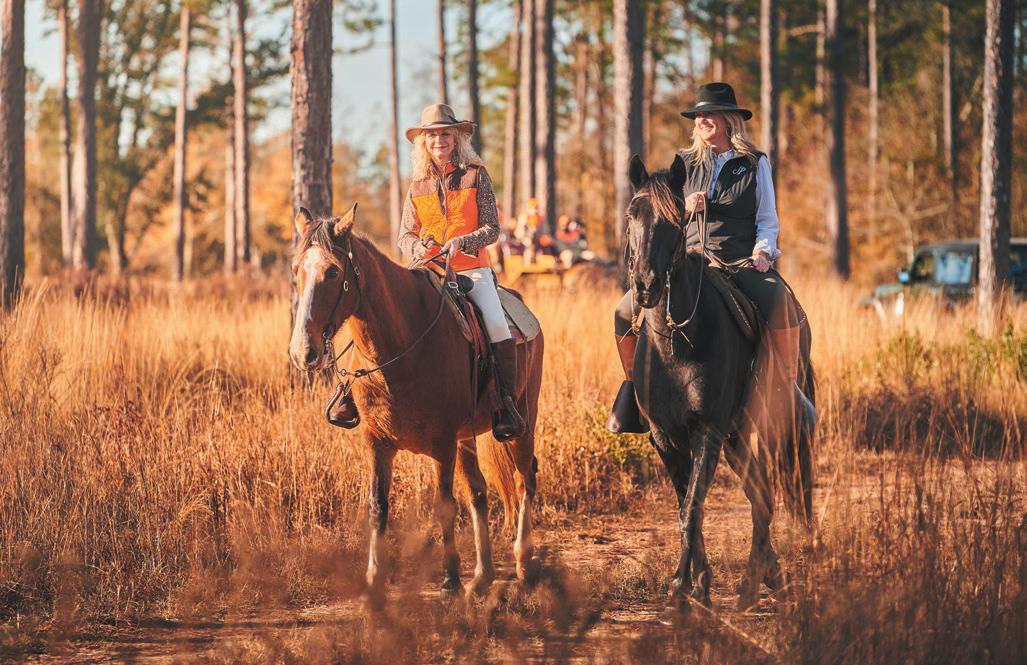
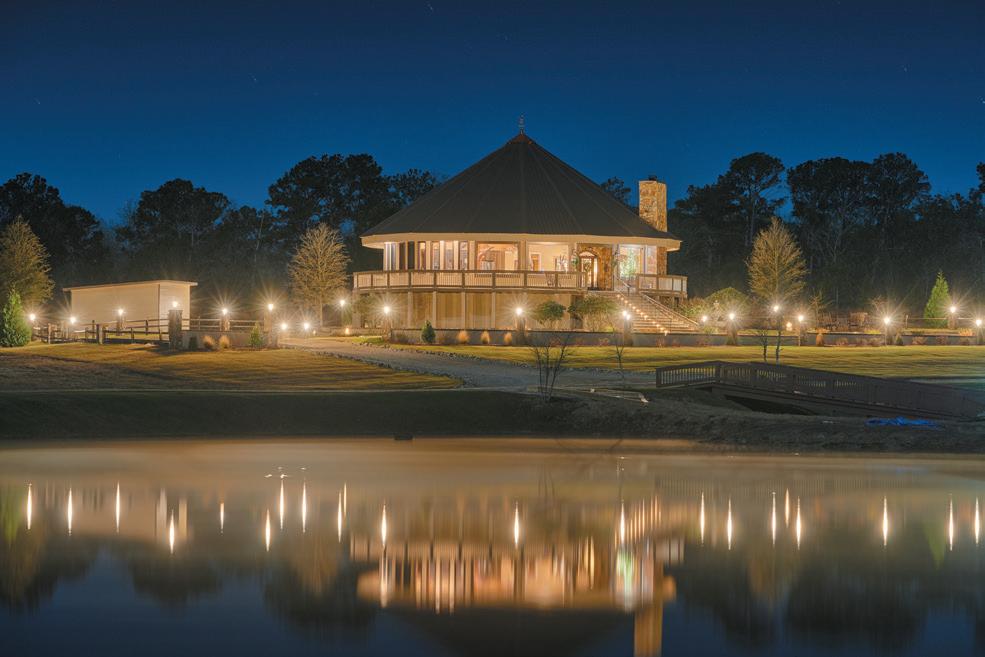
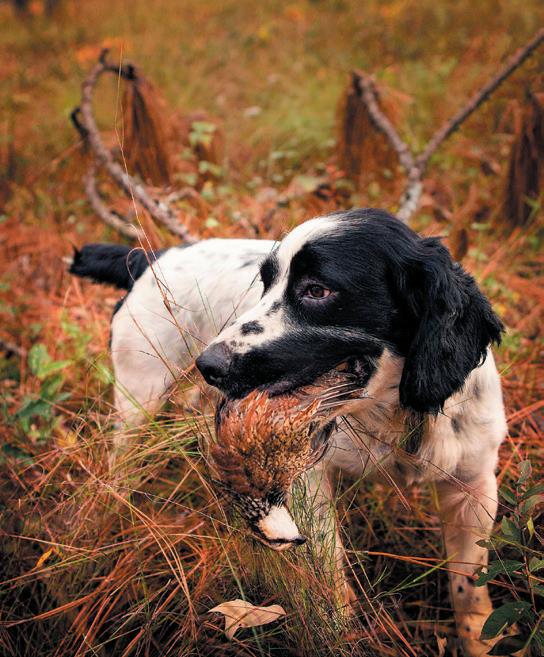












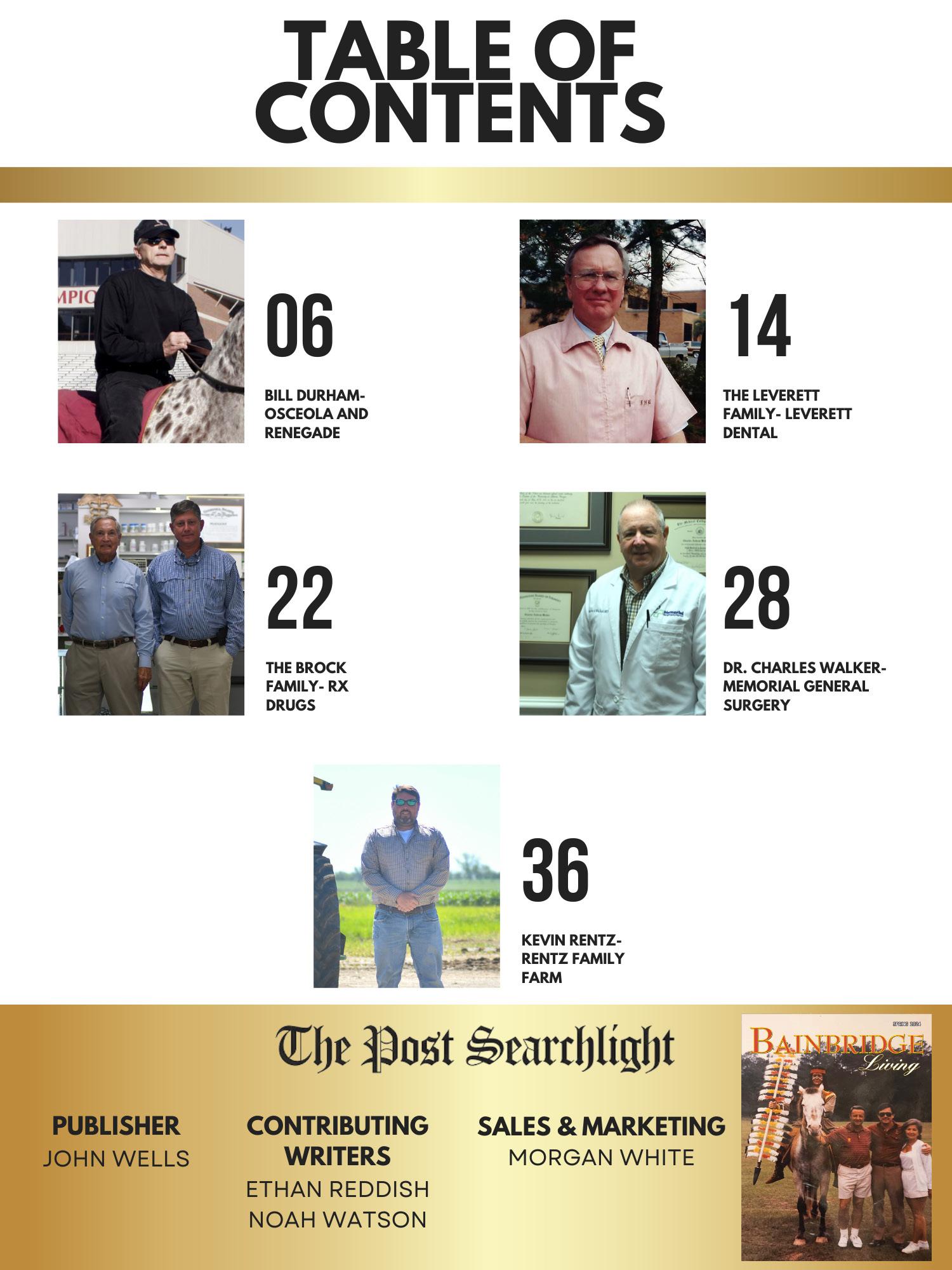
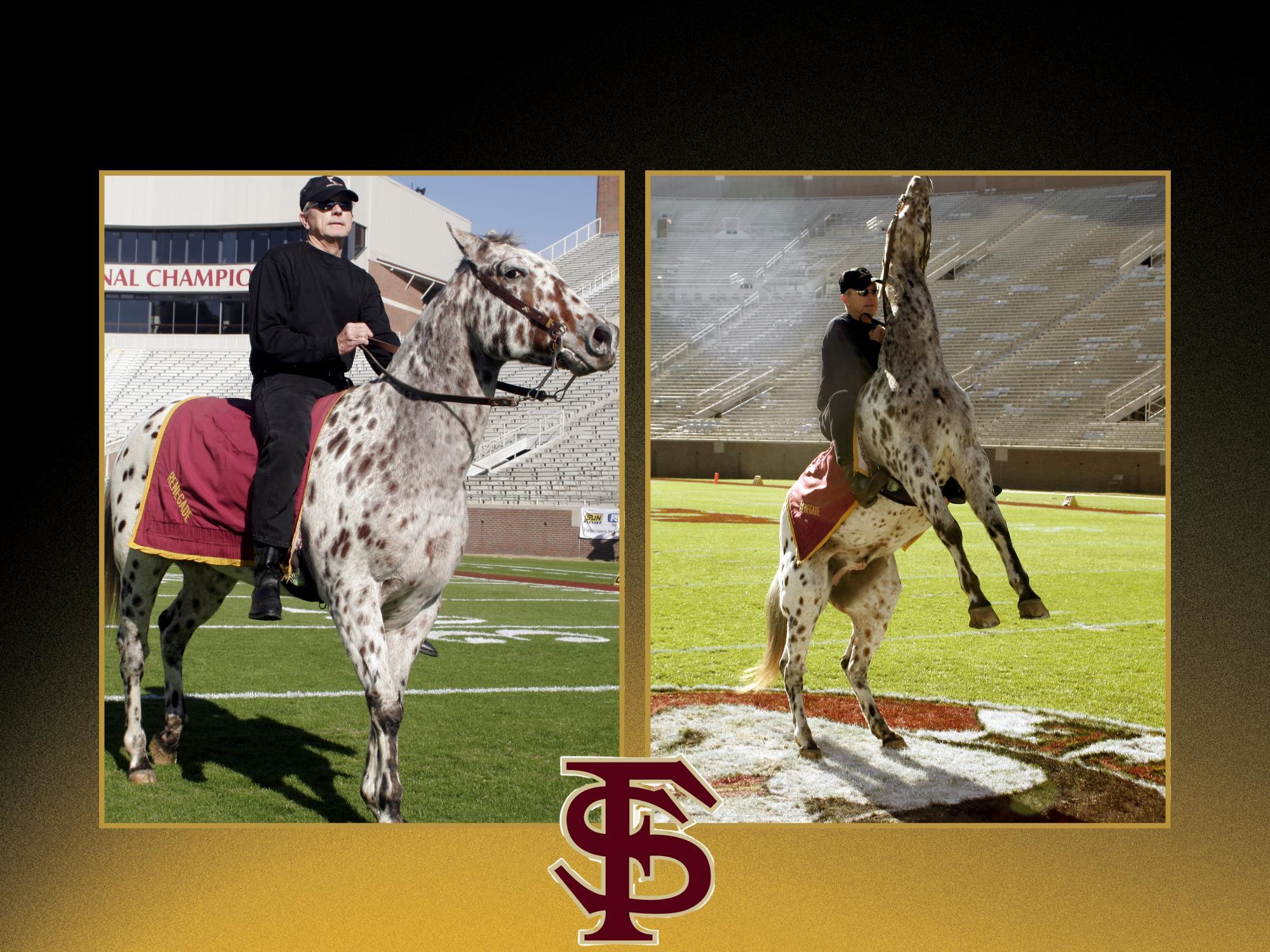
A historic college football tradition at Florida State Univerisity was created by a Bainbridge native, and is now being carried on by the next generation
STORYFlorida State University has a longstanding relationship with the Seminole Native American Tribe. The school’s moniker, the “Seminoles,” and symbol, the side profile of a Native American, is derived from Renegade.
In the pre-game ritual, an FSU student in traditional Seminole garb wields a flaming spear and leads the football team onto the field on horseback. The rider gallops to the middle
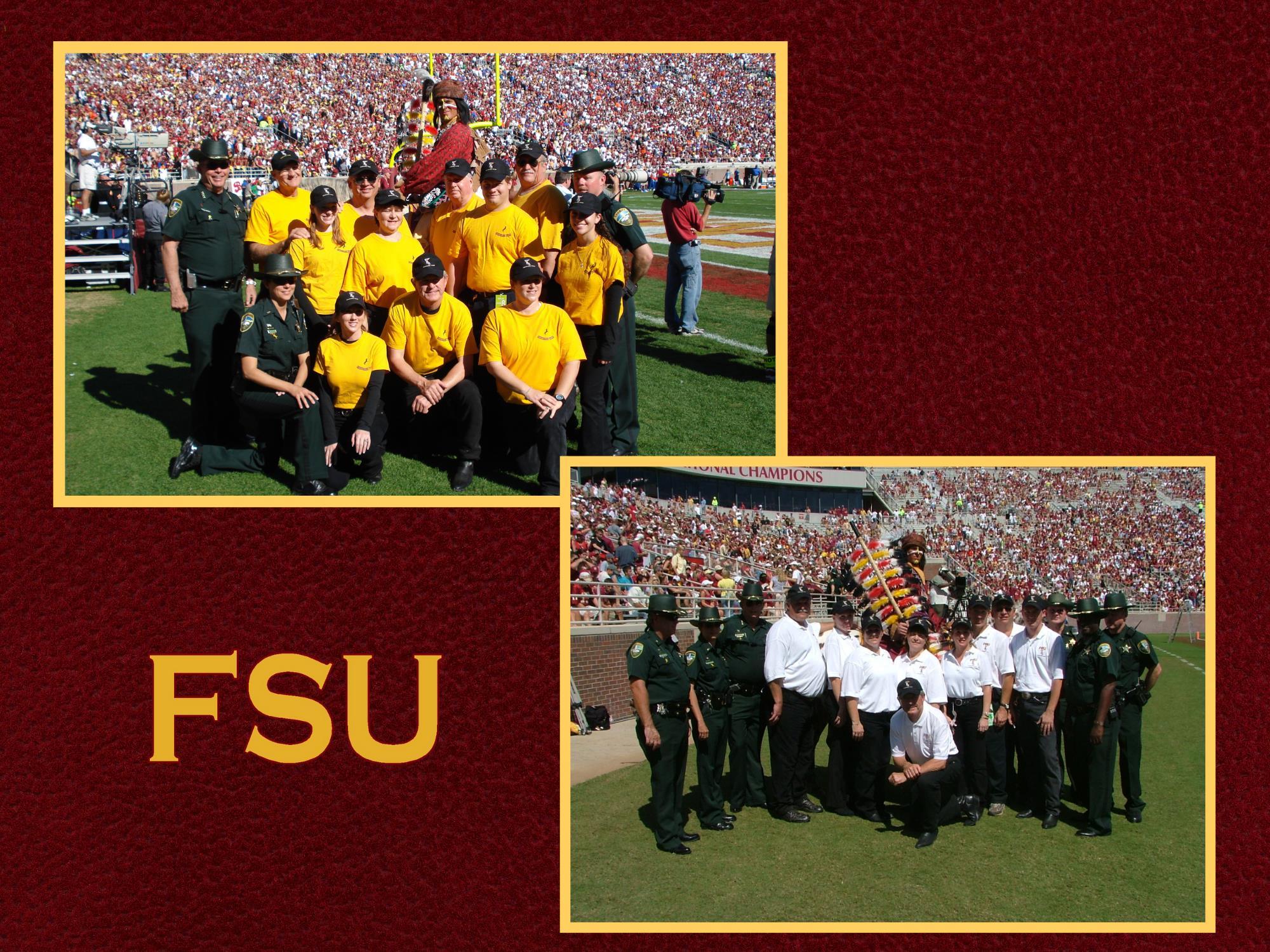
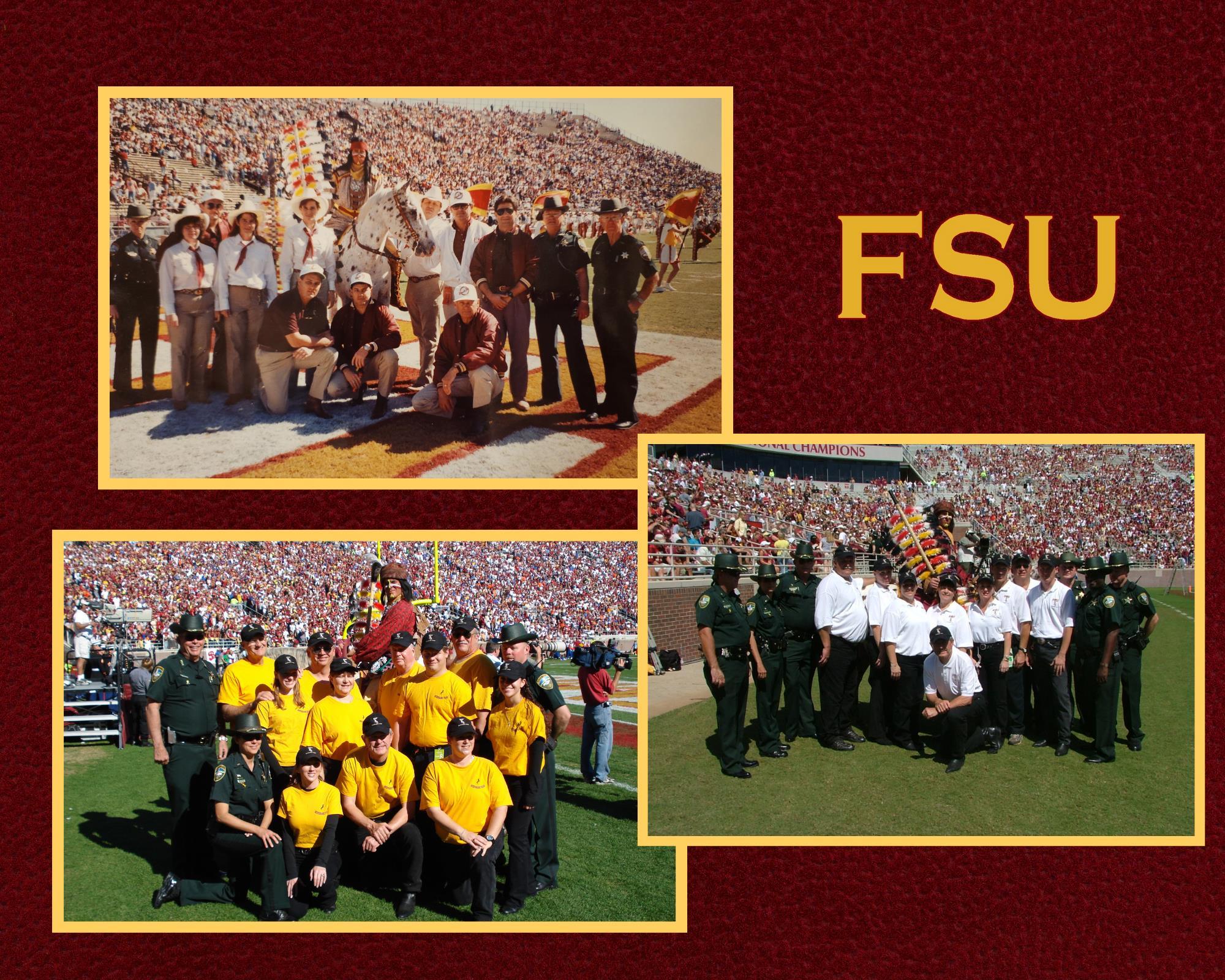
“ Everywhere I went, I got turned down, so I just disbanded the idea.
and longtime FSU fan Erwin Harrell. “My first game was in 1976… It’s just as exciting now as it was the first few times I saw it. It’s something to behold.”
The tradition celebrates the Seminole culture that defines the university and was voted the best NCAA Football Tradition in the country by ESPN’s SportsNation in the 2011 season. Though it may be the “greatest spectacle in college football,” according to FSU, most fans are unaware of its origin— and the ties it has to Decatur County.
Bainbridge native and creator of the pregame tradition Bill Durham has always been “fascinated” with Native American history. As a young boy, he engrossed himself in books about Native Americans and hunted for spearheads on the Flint River.
“When we played Cowboys and Indians,” Durham said. “I always wanted to be the Indians.”
Durham’s passion evolved as he got older, and he developed empathy for the displacement of Native Americans in colonial America.
“I’ve always had a feeling of the plight of American Indians,” Durham said. “This was their world. This was their country.”
Durham graduated from Bainbridge High School and attended Florida State University, where he incepted the idea for FSU’s pre-game ritual.
As a student on the university’s homecoming planning staff, Durham developed the concept for Osceola and Renegade to incorporate Seminole representation into the school’s annual festivities. But he was denied when he tried to get permission to incorporate it.
“Everywhere I went, I got turned down,” Durham said. “So I just disbanded the idea.”
More than 10 years later, Durahm’s idea got a second chance when FSU hired legendary head football coach Bobby Bowden in 1976.
In his career after college, Durham did professional work for Bowden, and they became friends. One night, the two were talking football during a business meeting. Bowden brought up the pre-game ritual at West Virginia University football games, the school he was hired from. There, the team’s Mountaineer mascot would come out before games and fire a musket to excite the audience.
he expressed interest in a similarly flashy tradition for FSU games, and Durham gave him the same pitch for Renegade and Osceola that got turned down years ago.
“I said, ‘Well, I’ve had this idea since I was a student,’” Durham told Bowden. “The more I talked about it, the more excited he got. He was sitting on a couch. I was sitting across [from
him]… He kept easing off that couch, he got so excited. He said, ‘Will you make that happen?’”
With the green light from Bowden, and assistance from Bowden’s wife, Ann Bowden, Durham just needed the approval of the Seminole tribe to turn his idea into reality. He set an appointment with Howard Tommie, the tribe’s chairman at the time, and laid out his plans for the pre-game ritual.
“I told him what I wanted to do,” Durham said. “He loved the idea.”
Durham’s top priority was that the tradition always honored the Seminole tribe and its history. To ensure that, he vowed that the tribe would always be involved in the tradition and the process of choosing the student to portray legendary Seminole War Chief Osceola.
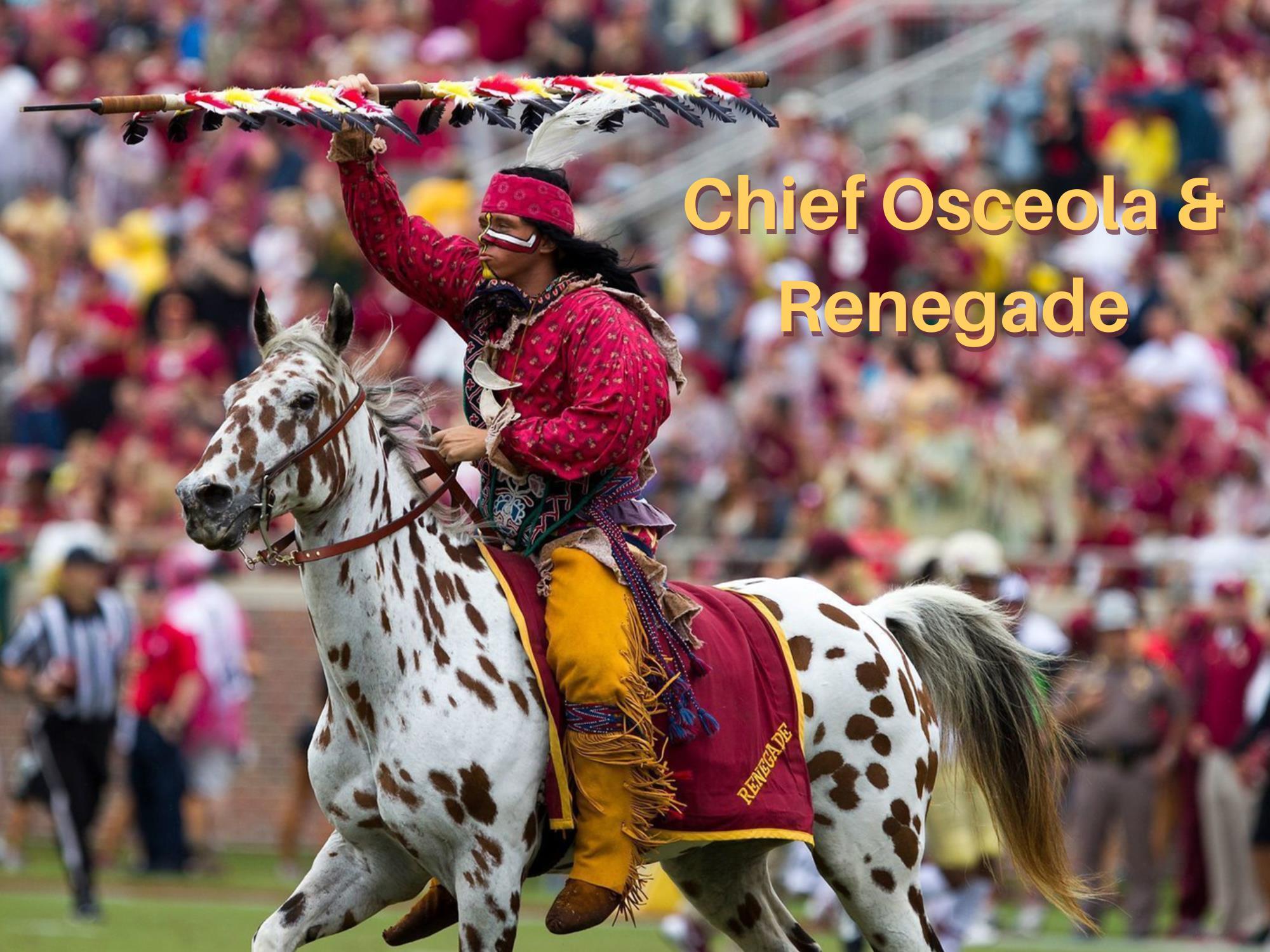
“I made him three promises,” Durham said. “That promise was: It will always be a young male that represents the spirit of Osceola, he would be a good student— from the get-go, they have to maintain a 3.0 grade point average, or they’re gone— and he would be of good character.”
The conversation ended in a handshake, and the era of Osceola and Renegade had officially begun. Durham debuted the tradition in the 1978 college football season, and it has been a staple of FSU home games ever since.
The creation of the performance was collaborative, with members of the Seminole tribe helping create the outfit riders would wear. The names of the tradition, Osceola and Renegade, are intentional and honor the tribe.
Osceola is the Seminole tribe’s most famous war chief. He was born in a Creek Indian village near the Tallapoosa River in what is now eastern Alabama, according to the Florida Department of State.
As a child, he was among many Creeks who retreated to Florida after the Creek War (18131814) and joined the Seminoles. During the 1820s, Osceola became known as a successful hunter and war leader. His warriors defeated U.S. troops in several battles early in the Second Seminole War.
Renegade, the name for the horse, comes from the Spanish word for the Seminole, “cimarrón,” which means runaways or renegades, according to Durham. All horses in the tradition are of the Appaloosa breed. Durham said each Renegade is carefully selected, and he and the rest of the Renegade team train each horse for the ritual, including teaching them to rear up.
Durham chose the Appaloosa breed because
they have a strong history with Native Americans.
“We use the Appaloosa because it is the only
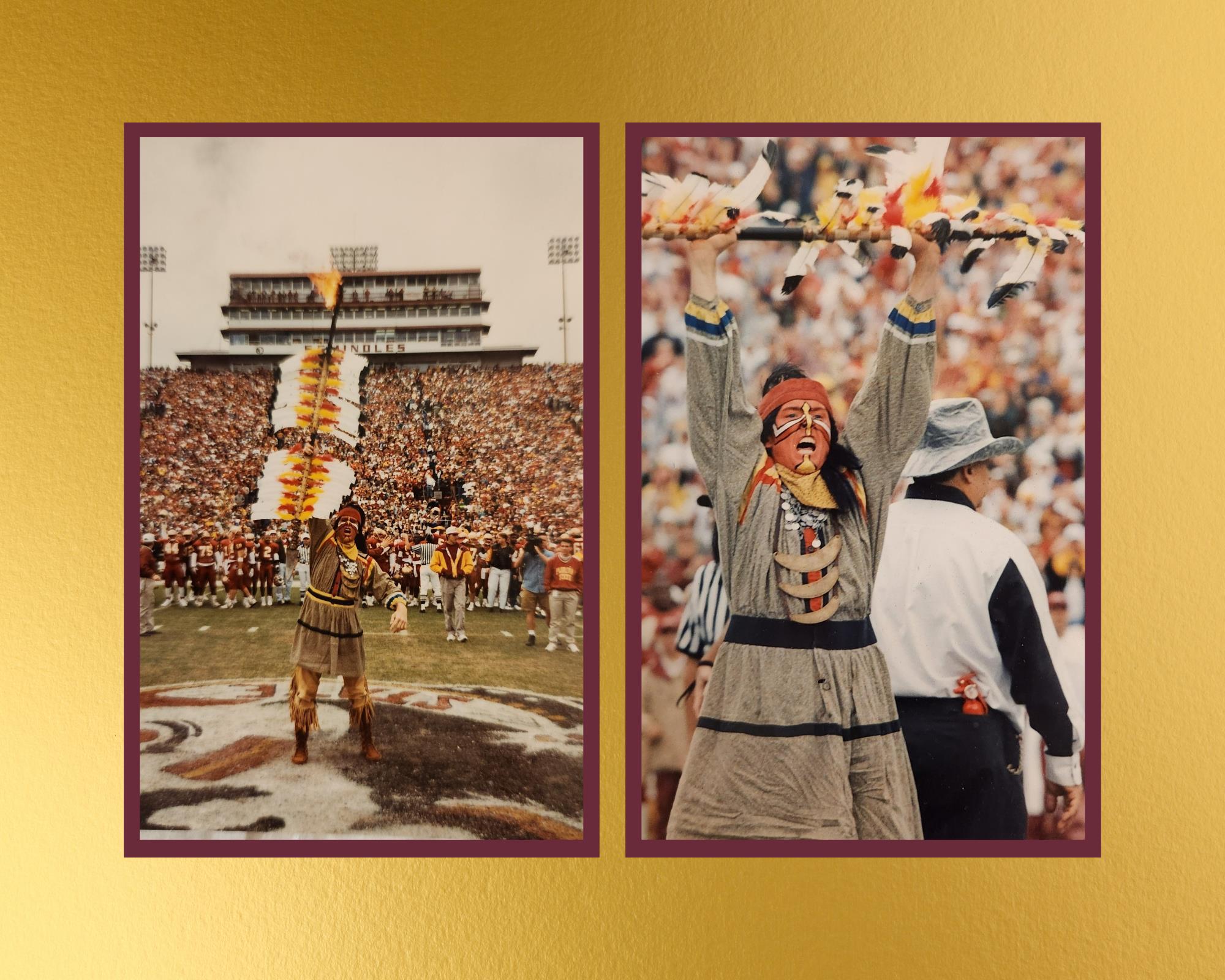
“
[Allen got involved] when he was a little tiny boy, he talks about watching me in our garage making the first spear.
Despite the Seminole Tribe of Florida supporting the tradition, the NCAA took issue with it. In 2005, the NCAA banned FSU’s use of the Seminole name and any imagery associated with it. The decision was reversed soon after when the Seminole tribe personally endorsed the University’s depiction of them.
“When the NCAA jumped all over FSU, and they were jumping over schools that had anything to do with Native American names… they, of course, had FSU in hearings,” Durham said.
The Seminole Tribe stood up for the agreement they had made.
“The Seminole Tribe explained to them that they were all for our program and that we did it with permission,” Durham said.
As of the 2023-2024 season, the tradition had 16 riders and six horses. Durham said one rider stands out: his son.
Allen Durham was chosen as the eighth rider in the tradition’s history, something he had wanted since a young age.
“[Allen got involved] when he was a little tiny boy,” Durham said. “He talks about watching me in our garage making the first spear.”
Durham said if his son ever tried out for the role of Osceola, he wanted to be as removed from the process as possible so as not to delegitimize the selection.
“If he got chosen to be the rider to be, I didn’t want anyone to hang on him, ‘Yeah, that’s ‘cause of your dad,’” Durham said. “So, in the finals… I would not attend the last presentation, and I tried to get judges that didn’t know him… He earned it.”
Allen Durham occupied the role of Osceola from 1992 to 1994. Bill Durham had led the pre-game ritual for nearly 30 years, and, in 2002, chose to pass the duties on to Allen, who’s been running it ever since.
There are many families that have established businesses and traditions that have been handed down to their children. Osceola and Renegade stand out as one that has grown to gain not just regional, but national acclaim.

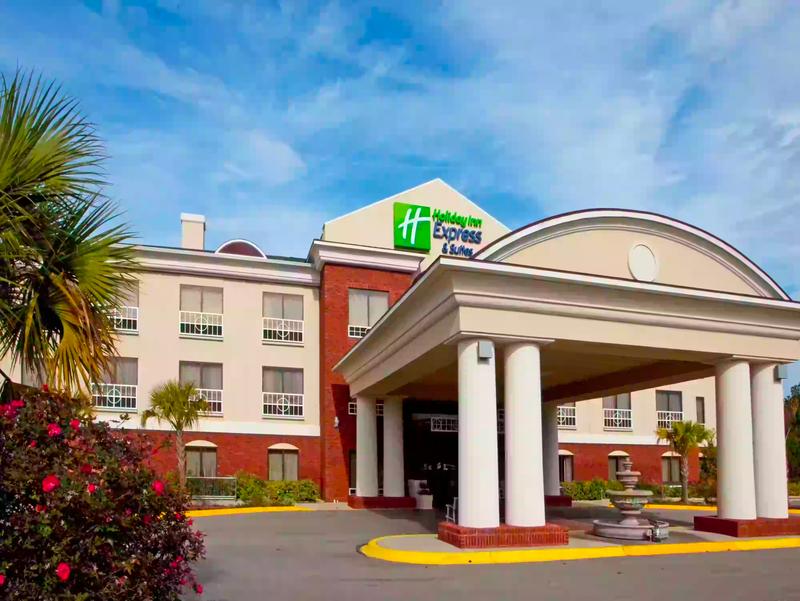































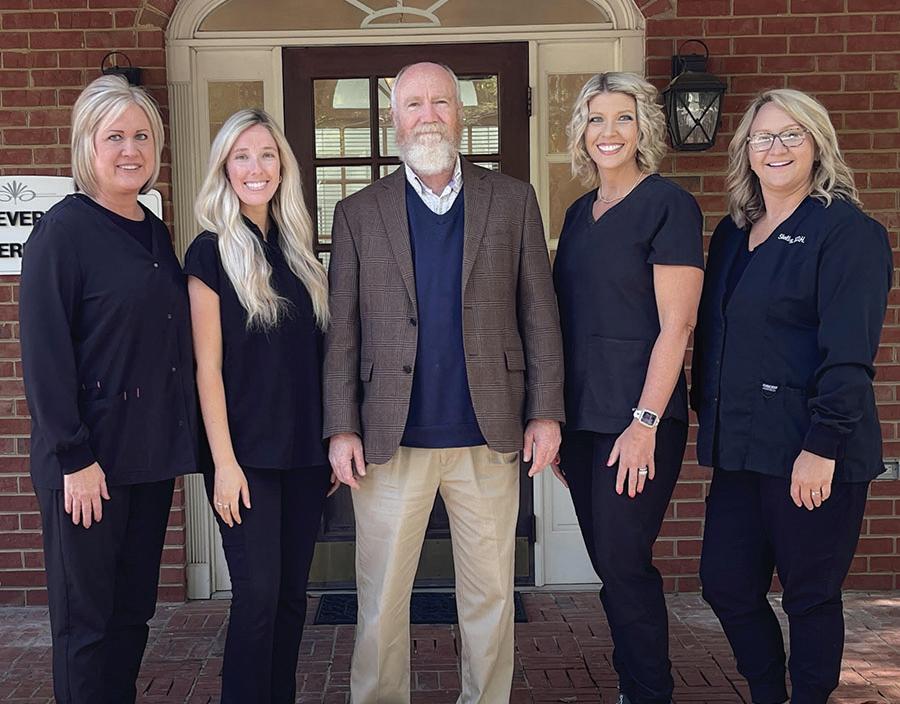




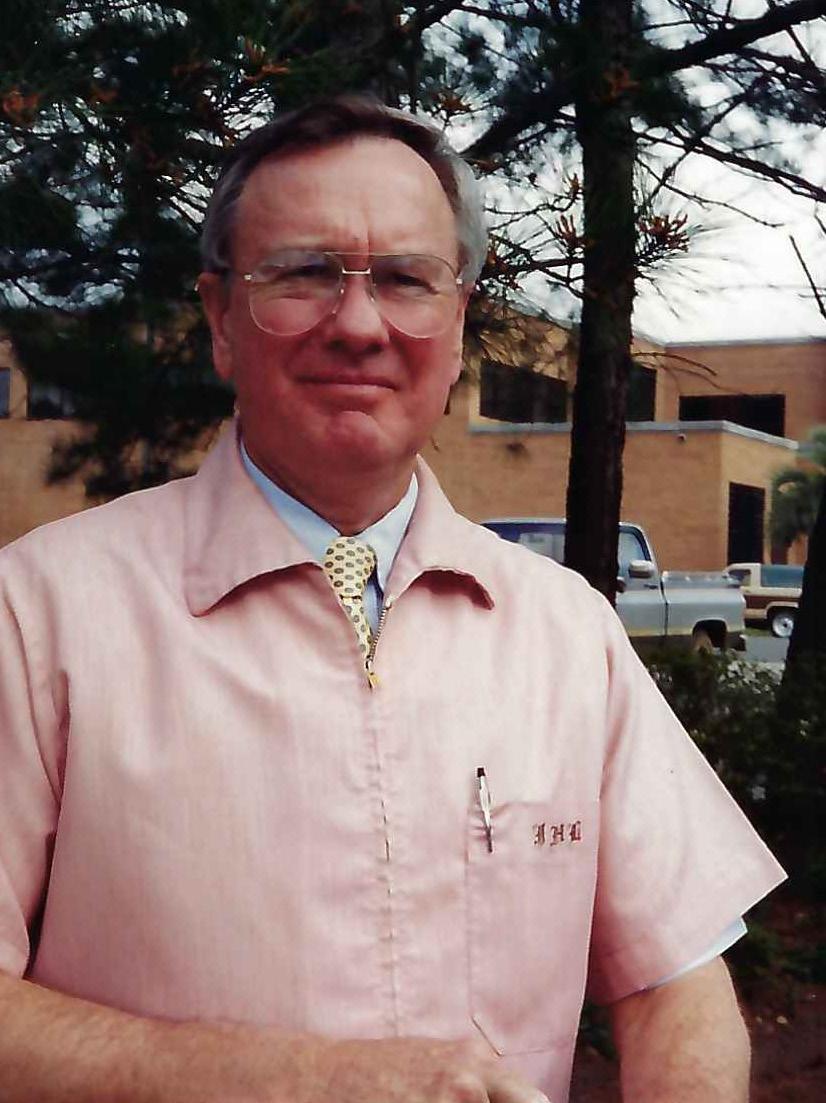
With the onward march of progress, some industries have experienced little change, but most have changed drastically, especially in recent decades. Medicine and healthcare have seen leaps and bounds in changes recently, and the dental field is no exception. The Leverett family has observed these changes over the past two generations, beginning with the opening of Leverett Dental in 1965.
Dr. Jack Leverett Sr. told the story of how he started his practice, beginning with how he got started in the dentistry field.
“I was at the University of Georgia,” he recalled, “and I thought I was going into pharmacy. I took all the prerequisites for pharmacy, and my father said, ‘Why don’t you go to dental school?’” He continued, “I had never really thought about it, and I said, ‘Well, I’ll apply.’”
Leverett Sr. would ultimately be accepted into both dental and pharmacy school, and after graduating in 1963, he would go on to put his dental skills to use when he joined the US Air Force.
“We were in a hospital that had 15 dentists, and it was like an internship going through,” he
said. “We had all the specialties, and we got to rotate and work with them.”
Dr. Leverett was based at Maxwell Air Force Base in Montgomery, Alabama, at the time. After his two years with the Air Force were over, he and his wife Joyce would move to Bainbridge, having already begun construction on the office while still in Alabama. Joyce would joke about the choice of Bainbridge in particular, saying, “I said, ‘Jack, are you looking for a place to hunt and fish or a place to work?’ And he said, ‘You can work anywhere, but it needs to have what you enjoy.’”
At that time, Leverett’s practice was located on the corner of Evans Street and Amelia Street, next door to Grimsley Pharmacy. He would serve citizens from that office for 30 years, from 1965 to 1995, at which point Leverett Dental was moved to its current location. There were three other dentists in Bainbridge at the time, and the nearest dental specialist in the area was in Thomasville.
With so many decades of experience working in the field of dentistry, Leverett Sr. has seen how the field has changed over the years. Basic tools younger generations are used to were

much different; for example, dental drills were belt-operated, and rather than using dental suction tools capable of fitting in a patient’s mouth, patients would spit into a special rinsing bowl. Modern antibiotics were not available, with dentists using drugs such as penicillin and tetracyclines.
Leverett Dental was the first dental office in Bainbridge to install a panoramic dental X-ray as well, back in the early 1970s.
Not only have the tools changed, but Leverett noted how the attitudes toward dental care have changed. “About the only time anybody here took an X-ray was to take out a tooth,” he recalled. It wasn’t unheard of for patients in their late teens to already be getting dentures. “Prevention was not prioritized. It was ‘fill, drill,
and take ‘em out’. I didn’t want to practice that kind of dentistry, so we changed our situation. We started making X-Rays, we started doing prevention, we started teaching patients how to take care… we started seeing patients every six months for examinations.”
He would also take his practice out into the community, making visits to nursing homes, and even holding a Dental Health Day in the Bainbridge Mall for people to get a quick check-up.
Dr. Leverett Sr. was not alone during his decades of practice, with a staff of assistants and coworkers coming and going over the years, and he would eventually be joined by his son, Dr. Jack Leverett Jr. in 1995. Both praised the teams that they worked with over the years.
“A highlight of operating a family practice has been the honor of working with a great staff,” Leverett Jr. said. “We’ve been blessed through the almost 60 years of practice to work daily with some very talented and professional coworkers/staff… Operating a small office requires teamwork, and we’ve had some wonderful teams throughout the years.”
Leverett Jr. graduated with a degree in chemical engineering from Georgia Tech, but soon realized, “the corporate culture was not for me.” Still wanting a career that challenged his ability to problem-solve, he opted to go into the dental field. “I was familiar with dentistry as a career from my father, so I attended and graduated from dental school.”
Even within the almost thirty years since Leverett Jr. joined the practice, the field has continued to evolve. The practice’s front office initially consisted of just a telephone and an adding machine, and was the smallest room.
Now it has expanded to one of the largest to accommodate computers, copiers and fax machines. Radiographs were still being developed on film when he joined, but have since become totally digital. And overall, the health of patients has continued to improve.
“The number of patients with generalized rampant decay has decreased,” he said.
After almost 60 years in existence, Leverett Jr. is still keeping the family business going.
“I feel honored to carry on the tradition,” he said. “Sr. established a family general practice filled with wonderful hometown patients. I’ve enjoyed working with my previous teachers, classmates, friends and their families through several generations.”
“This is the best decision Joyce and I ever made, to come here,” Dr. Leverett Sr. said. “The community accepted us, we’ve been involved in it. It’s home, we love it and never regretted coming.”
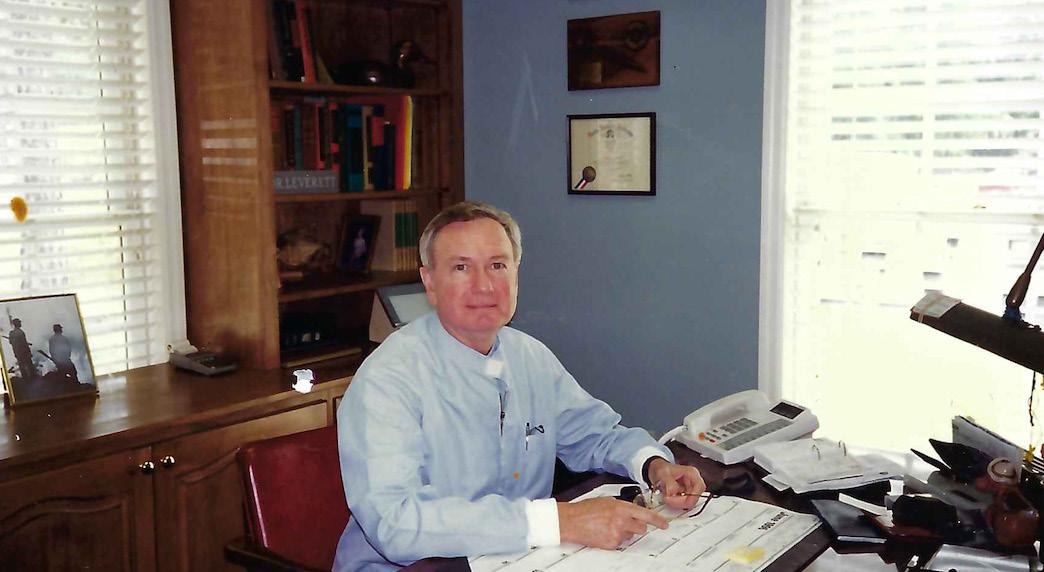



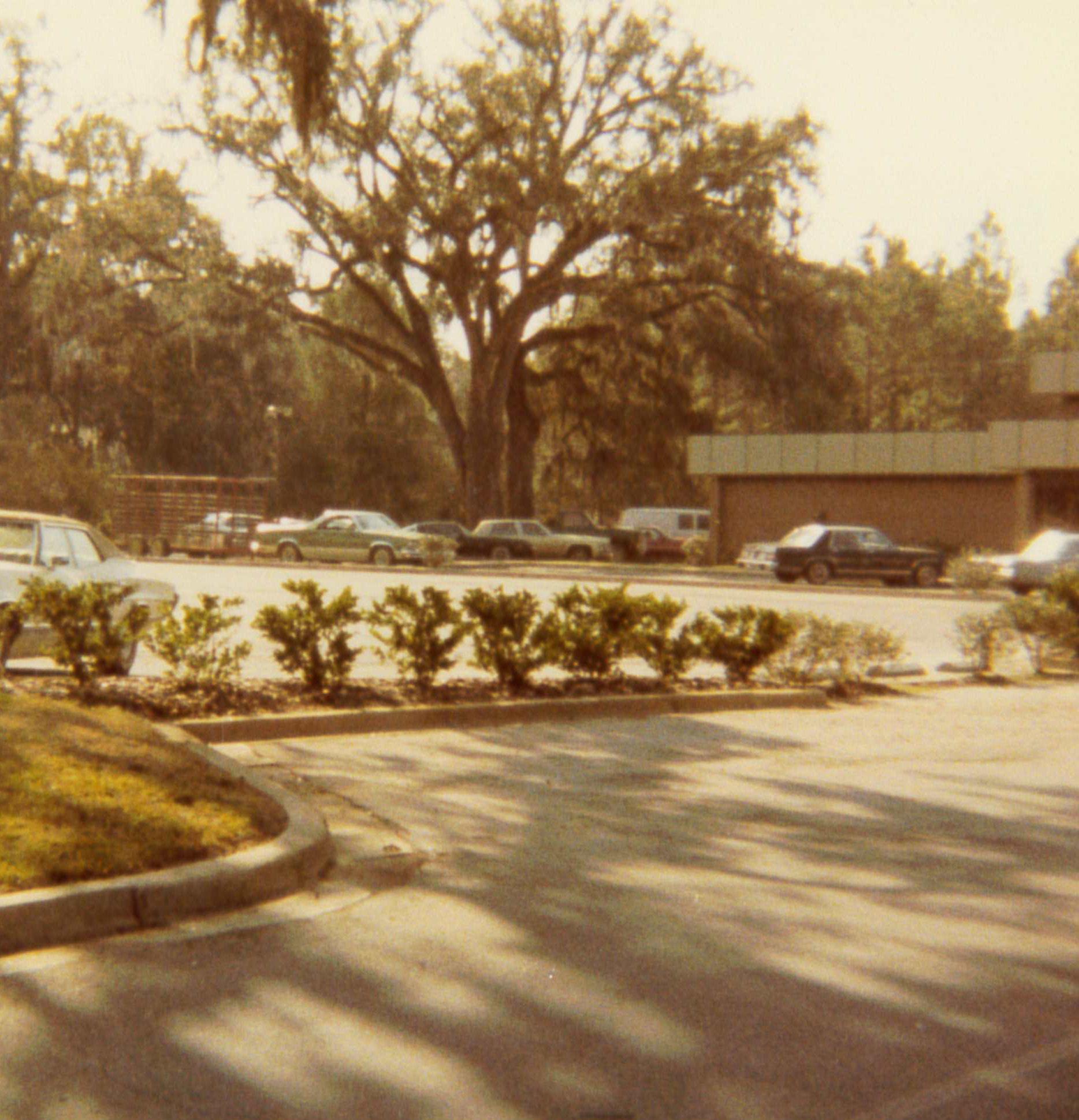
Banking has come a long way over the past 50 years, evolving not only technologically but also socially. Gone are the days of typewriters and 10-key machines; we now live in an era where everything moves at lightning speed thanks to the internet. With services like mobile banking, digital wallets, and even the ability to deposit a check by simply taking a picture with your phone, managing your finances has never been easier. At First Port City Bank, we understand the importance of staying ahead of the curve and keeping you informed about any concerns regarding your finances. While the tools and technologies may have changed over the years, our commitment to putting people first remains the same. Thank you for trusting us to be your partner in financial success.







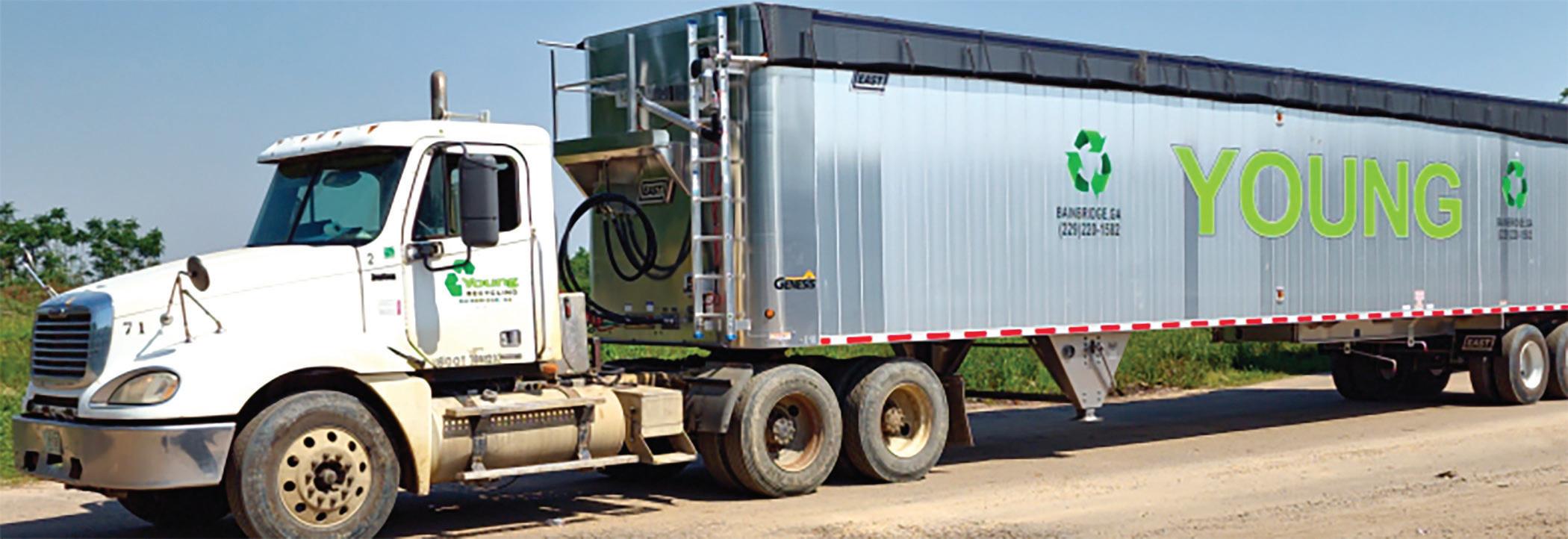






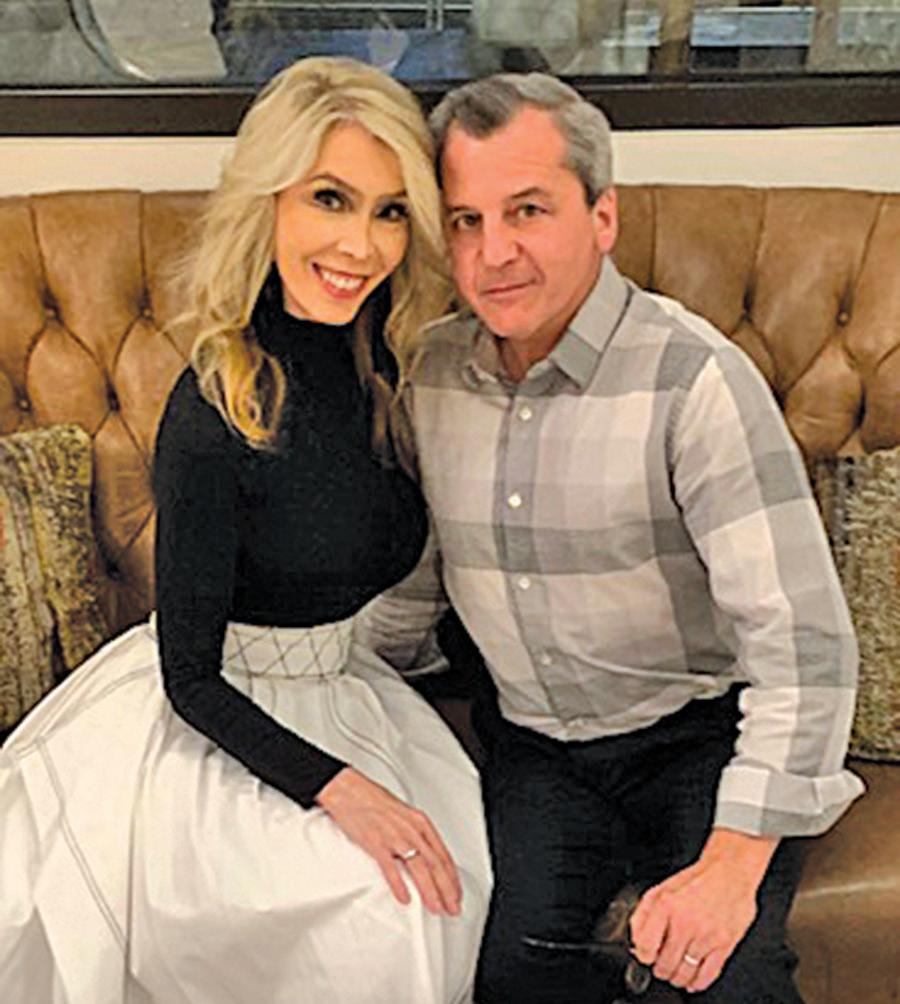
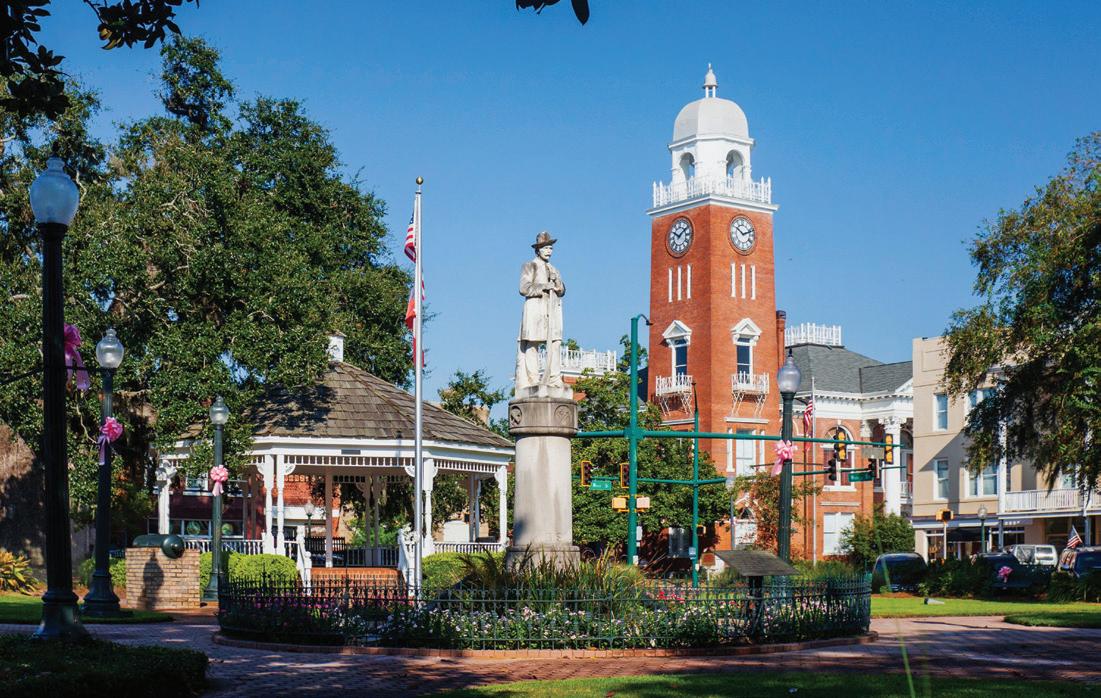









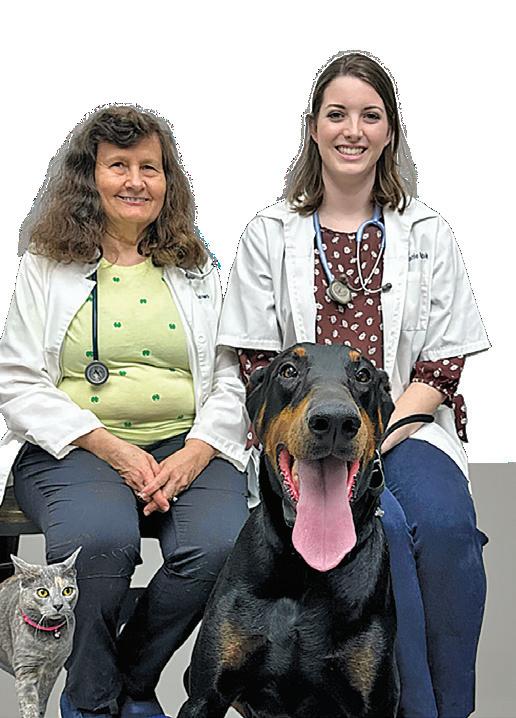



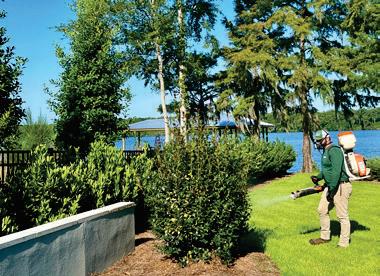

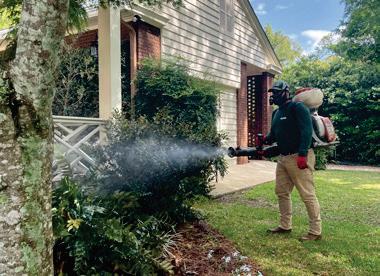

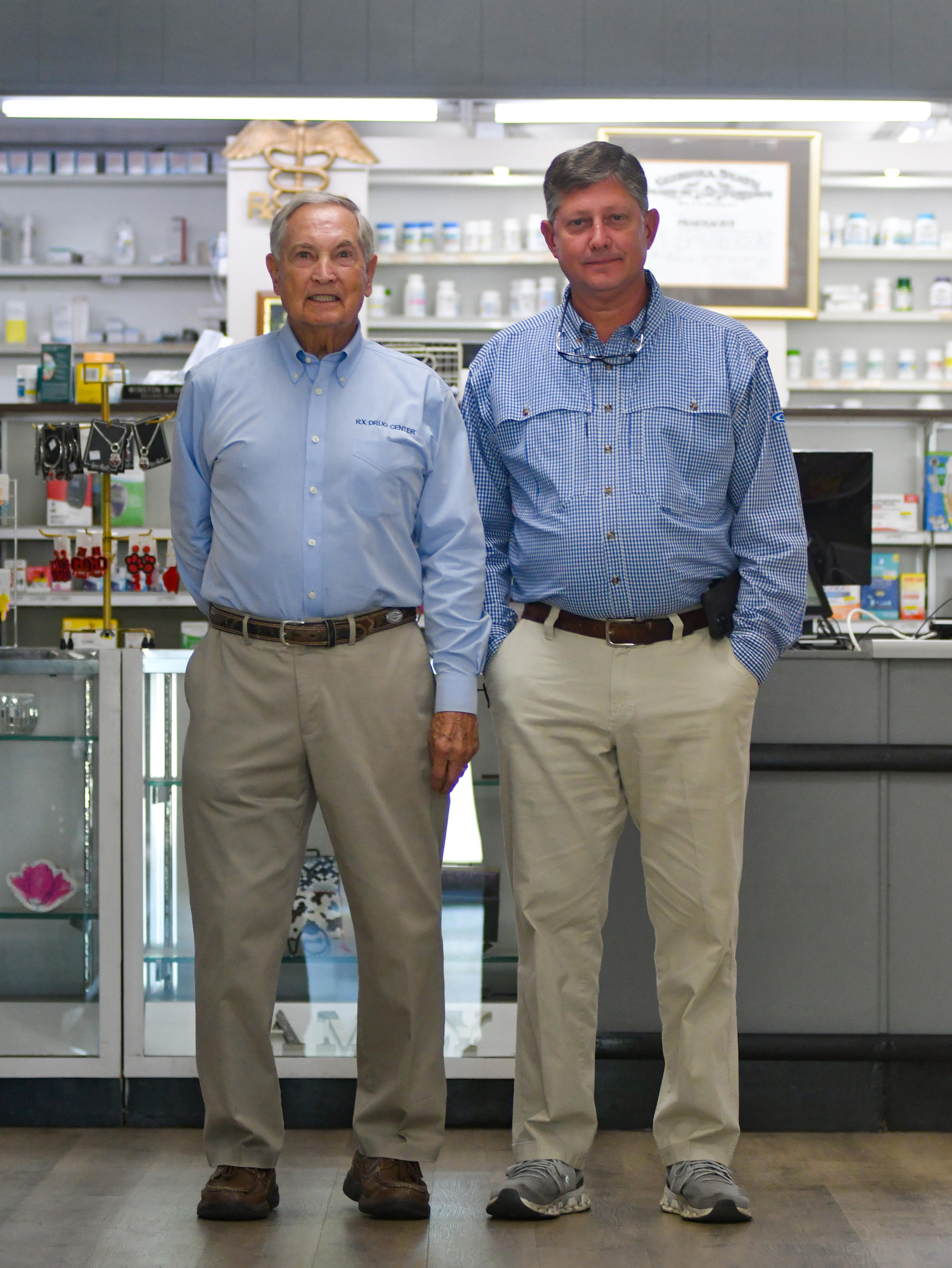
A father and a son working for each other to bring Bainbridge the best possible care
STORYRXDrug Center has been a staple of pharmacy care in Bainbridge for over 50 years.
Winston Brock Sr. opened the apothecary in 1967 with business partner Bill Reynolds, and now, Winston Sr.’s son, Winston Brock Jr., is carrying on the legacy.
BY
NOAH WATSON“We’ve been truly blessed with our growth,” Brock Sr. said.
When the pharmacy opened its doors, its primary focus was delivering prescription medication to patients, according to Brock Sr. He said they quickly started to transform their services to meet the needs of the community,
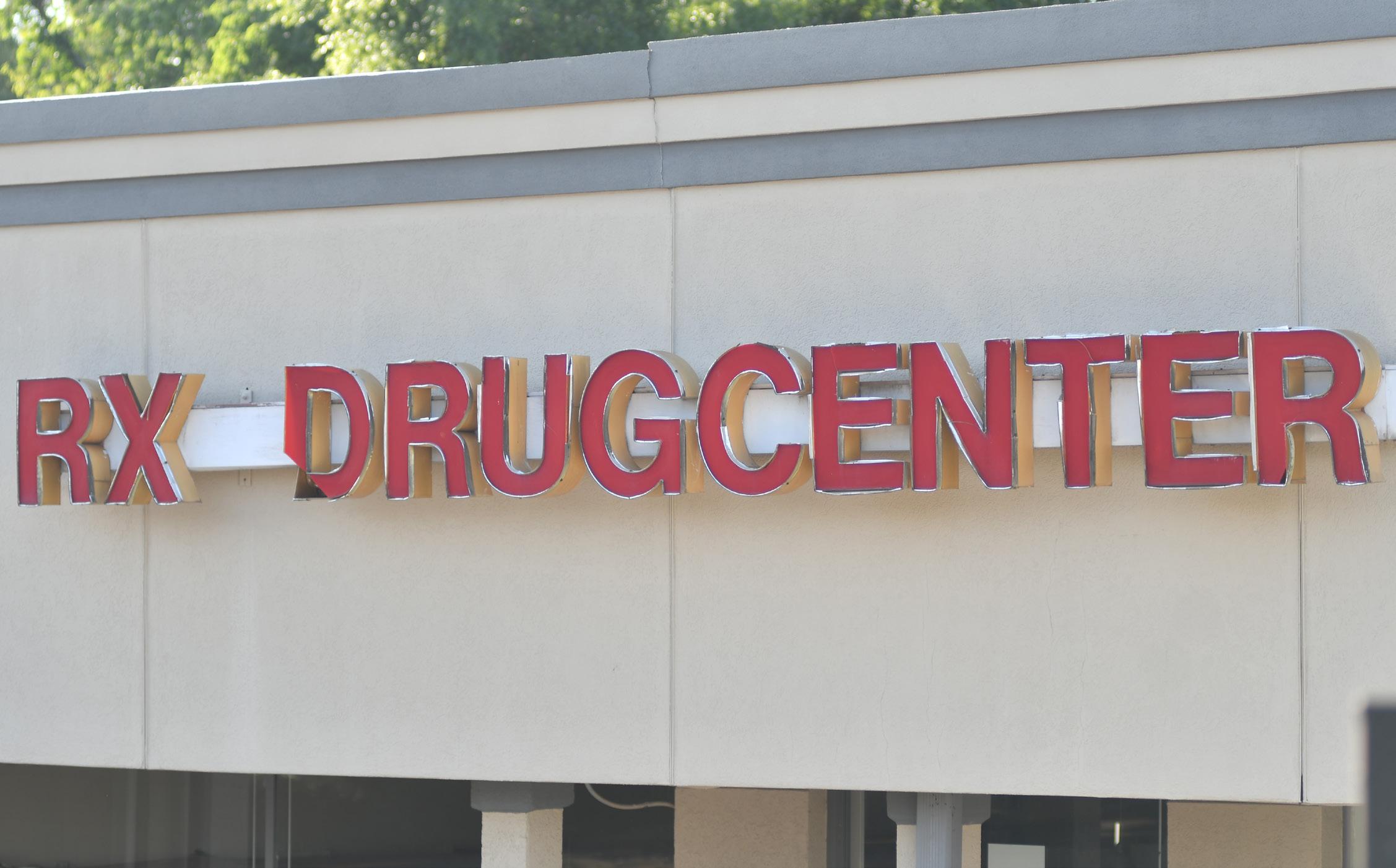
and in 1973, moved into a new building to offer customers a better experience.
Brock Sr. kept his finger on the pulse of Bainbridge and, through the years, grew the store’s offerings significantly. He said they started incorporating over-the-counter medications, then branched out to durable medical equipment such as wheelchairs, walkers, crutches, and more. Then, they began selling supportive products, such as knee and back braces, before offering immunizations. Today’s store offers a wide range of medical products, “most all” immunizations, and other merchandise.
“We would delete some stuff and add some stuff depending on what the community was asking for,” Brock Sr. said.
Brock Sr. ran the pharmacy for 43 years before taking a step back. It was 2009, and Brock Jr. had been working at a Rite-Aid Pharmacy in Cairo for more than 10 years. Brock Sr. approached his son with an offer to sell him the pharmacy.
“Do you want to be a partner?” Brock Sr. asked Brock Jr. “And he said, ‘No, I want to own.’”
Brock Sr. made sure his son was ready for that kind of commitment, and they made a deal. Brock Jr. took over in 2010.
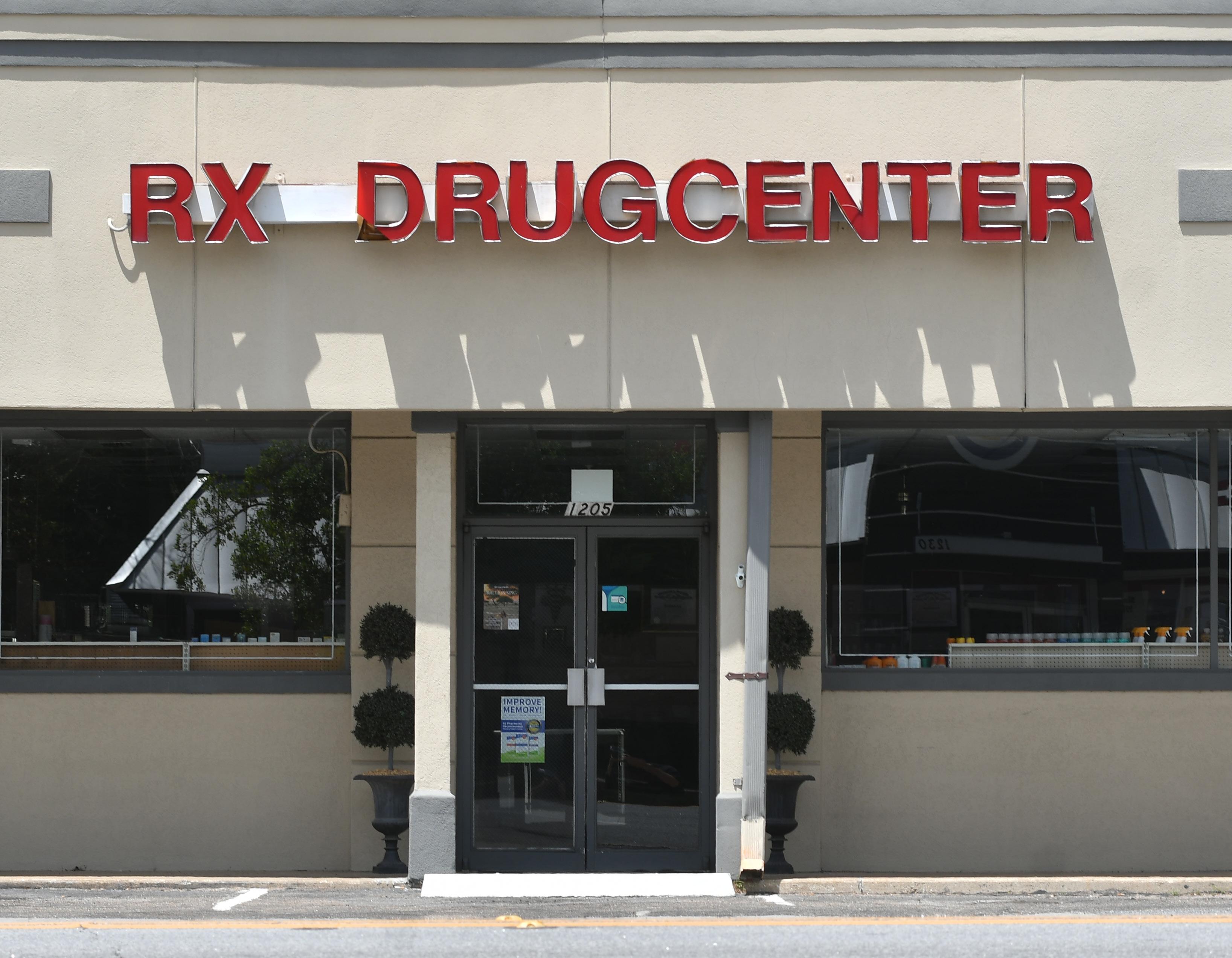
“ Our customers are like family... That’s what I enjoy about it so much.
“He wanted to make sure this is what I wanted to do,” Brock Jr. said. “It’s a full commitment, but I’ve enjoyed every bit of it.”
In the 57 years of experience running RX Drug Center between Brock Jr. and Sr., they both said that creating meaningful relationships with customers is the most fulfilling part of the job.
“Our customers are like family,” Brock Jr. said. “They’re not coming here for the best price, they’re coming here ‘cause you’re going to treat them like family. That’s what I enjoy about it so much.”
Though Brock Sr. is no longer the owner, he still works at the pharmacy twice a week.
“Many people ask me and say, ‘Why do you still work?’” Brock Sr. said. “I say, “Because I enjoy it, but mainly because I come to see you.’
I enjoy talking to them, seeing how they’re doing, and seeing the family grow.”
Brock Sr. said one family has been coming to RX Drug Center for five generations.
“I never realized ‘till one day a lady came in here with a baby,” Brock Sr. said. “That was her grandbaby, and she went on to tell me, ‘You know, this is the fifth generation.’ It never dawned on me, and gosh, I feel old now, but I really felt old that day. She mentioned, ‘My grandmother traded here, my mother traded here, I’m trading here, my daughter trades here, and now the baby will be your customer.”
Here’s to 50+ more years of service in Bainbridge for RX Drug Center.

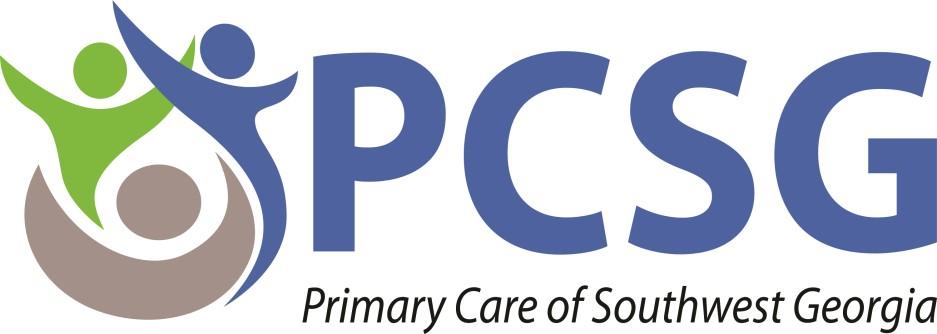
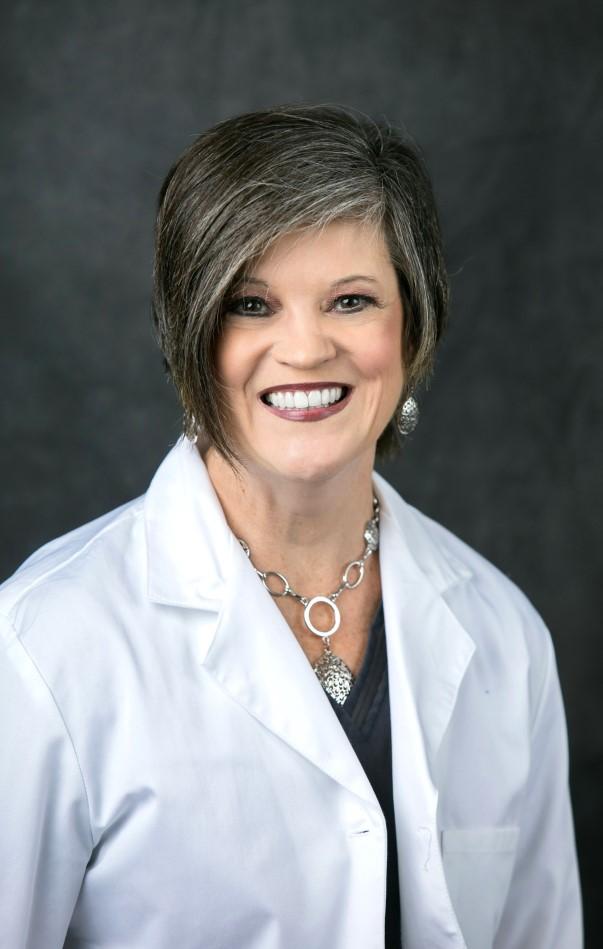
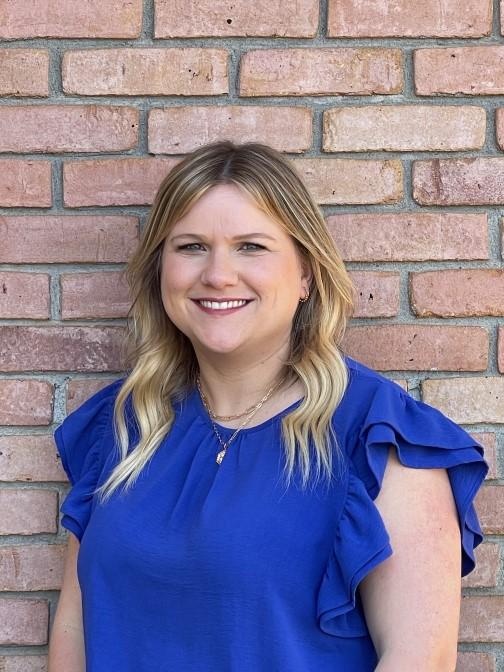
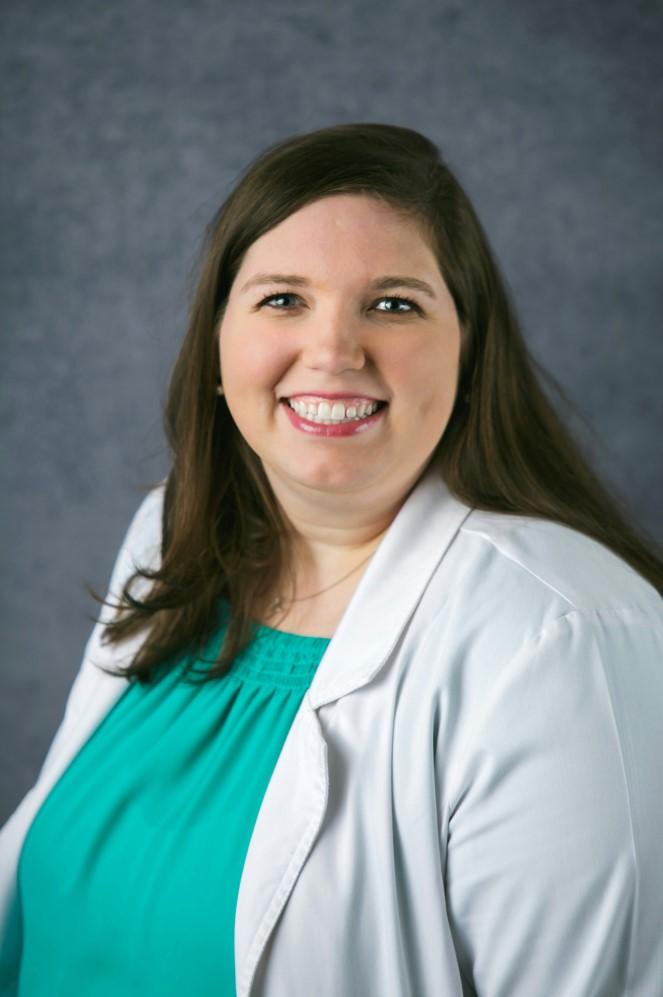

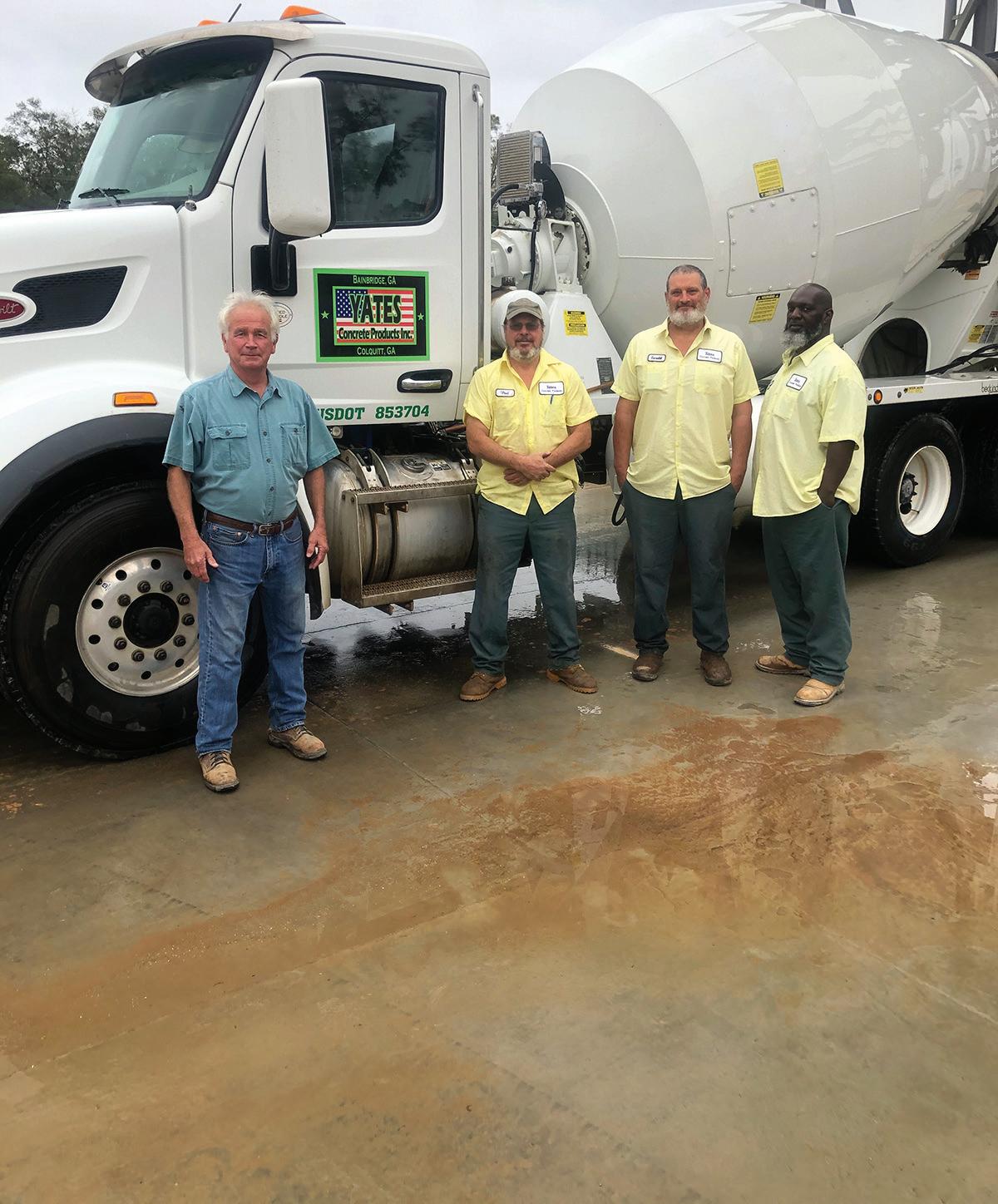

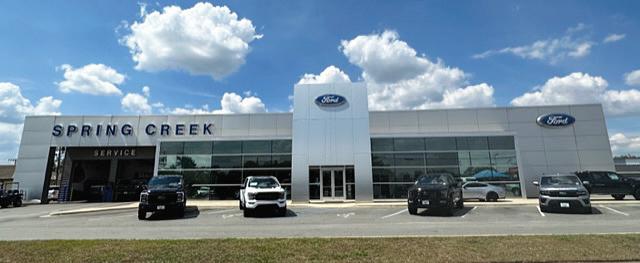
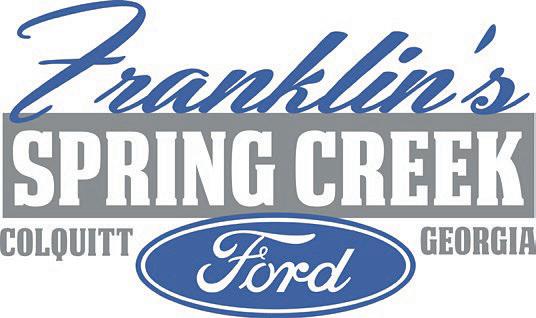

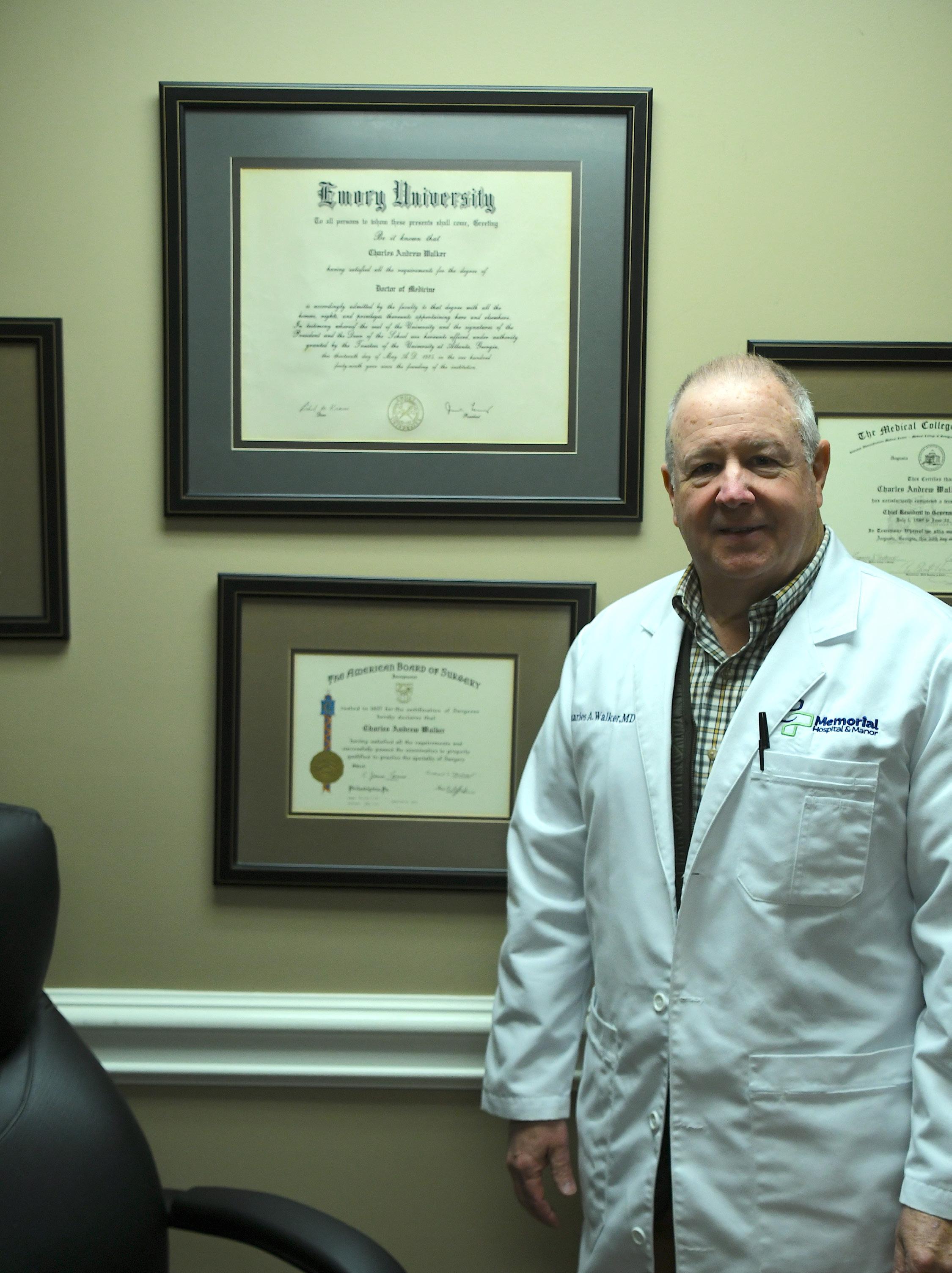
We are all a product of our parents. Not just in the hereditary sense, but of course in the social sense. Our tastes, mannerisms, and behaviors, and in many cases our careers and lifestyles, are in some way or another, a product of our parents. Sometimes parents have a bigger impact on one child than the other. In the case of Memorial Hospital surgeon Dr. Charles A. Walker, he and his siblings have all followed in the example of their father, Dr. Charles O. Walker, as a family of physicians.
From an early age, Walker found himself exposed to his father’s line of work, as well as moving around. “We ended up in Donalsonville because he used to work there on the weekends when he was stationed at Tyndall Air Force Base, during Vietnam,” Walker explained, “so we moved there after he got out of the Air Force.”
However, that hospital in Donalsonville would encounter issues and ultimately closed. It was at that time that the elder Dr. Walker would move to Bainbridge, where he would continue to practice for 17 years.
“You know, as a kid, I used to go with him to the hospital a good bit and follow him around,” he recalled. “I kind of always felt like that was
what I wanted to do… I’d go in the lab and was fascinated with looking through microscopes and looking at cultures in Petri dishes.”
It was after the move to Bainbridge that Walker began to dip his toes into the medical field, working as an orderly at the Memorial operating room during college.
“In those days, you didn’t shadow doctors, you worked in the hospital, and that was part of getting your resume for med school.”
And it wasn’t just him who would take after his father’s example, as his siblings would also pursue careers in medicine at Donalsonville Hospital; his sister, Dr. Sarah Hampton, practices internal medicine, while his brother, Dr. Joseph Walker, is a general surgeon.
Walker would graduate from Seminole County High School in 1978, going on to attend UGA, having already made up his mind about his chosen vocation.
“I had probably already decided by then that that’s what I wanted to do… Daddy’s influence on us was pretty pronounced,” Walker said. “We are a family of physicians, we just don’t know much.” He recalled what it was like for an outsider to see what a family of physicians was like: “My wife, Lynn, likes to talk about
“ Daddy’s influence on us was pretty pronounced... We are a family of physicians... that’s what we all did.
how strange it was when we first started dating and she came home with me to visit some, you know our discussions around the dinner table were about medicine, because that’s what we all did.”
He would go on from UGA to further his medical education at Emory University.
Walker also attributed his career decision, in part, to the era he grew up in, as much his father’s influence.
“My era, back in those days, in the 60s, the Space Program was big, especially in the Air Force,” he reminisced. “Everything was about science, so yeah, it was fascinating. It still is.”
Dr. Walker would move to Bainbridge and start his own private practice in 1990, with his father moving back to work in Donalsonville shortly afterward. The medical field has changed significantly from those childhood visits to the hospital.
“It’s almost hard to even describe the changes,” he said. “We’ve shifted from predominantly in-
patient surgical methods to out-patient surgical methods, the constant, less-invasive surgery to get people in and out of the hospital and back to work faster, everything has been a change.”
Having grown up in a family of rural physicians and surgeons, Dr. Walker expressed his desire to continue serving rural communities.
“The future is tough, because surgeons don’t want to go to rural areas,” he said, “they don’t even define ‘rural care’ in the big teaching hospitals in the cities. They’ll talk about rural hospitals being Thomasville and Albany. That’s not a rural surgery care.”
He emphasized the need for rural hospitals going forward: “The vast majority of healthcare in the country is not in the big cities. So all the problems that we face are being faced everywhere else. And you have people that don’t really grasp the fact that if local hospitals don’t survive in the future, they don’t have access to care as easily. And the big city hospitals can’t provide all that care.”
It has been over a decade since Dr. Walker joined Memorial Hospital as a surgeon, and just a few since he joined the Memorial Amelia Medical Plaza, still working in the family business.
He concluded his story, saying, “It has been an honor and a privilege to have been able to practice here, and provide quality surgical care for the people of Decatur and Bainbridge.”
For parents, it should be a good reminder that your children are watching you, even if you think they aren’t or that they don’t care. You may be changing their life.
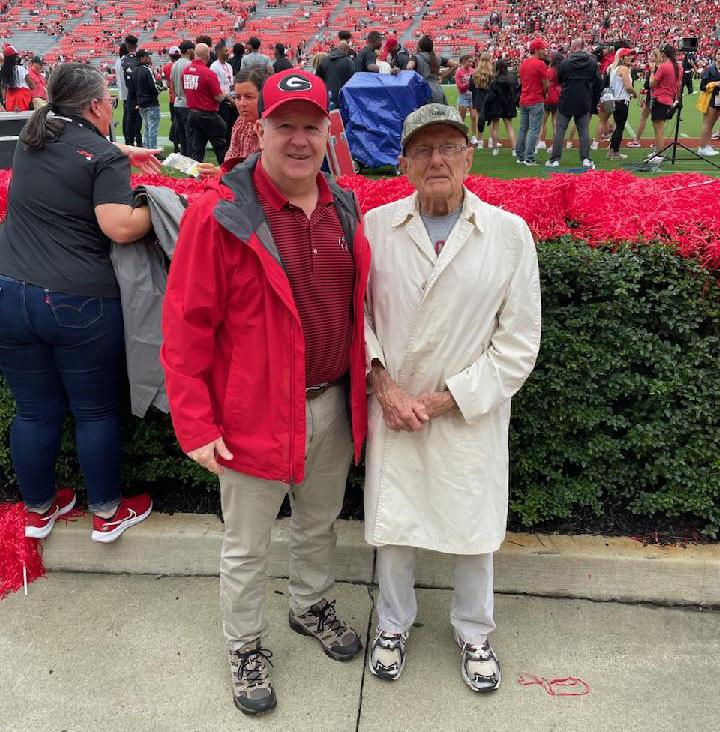

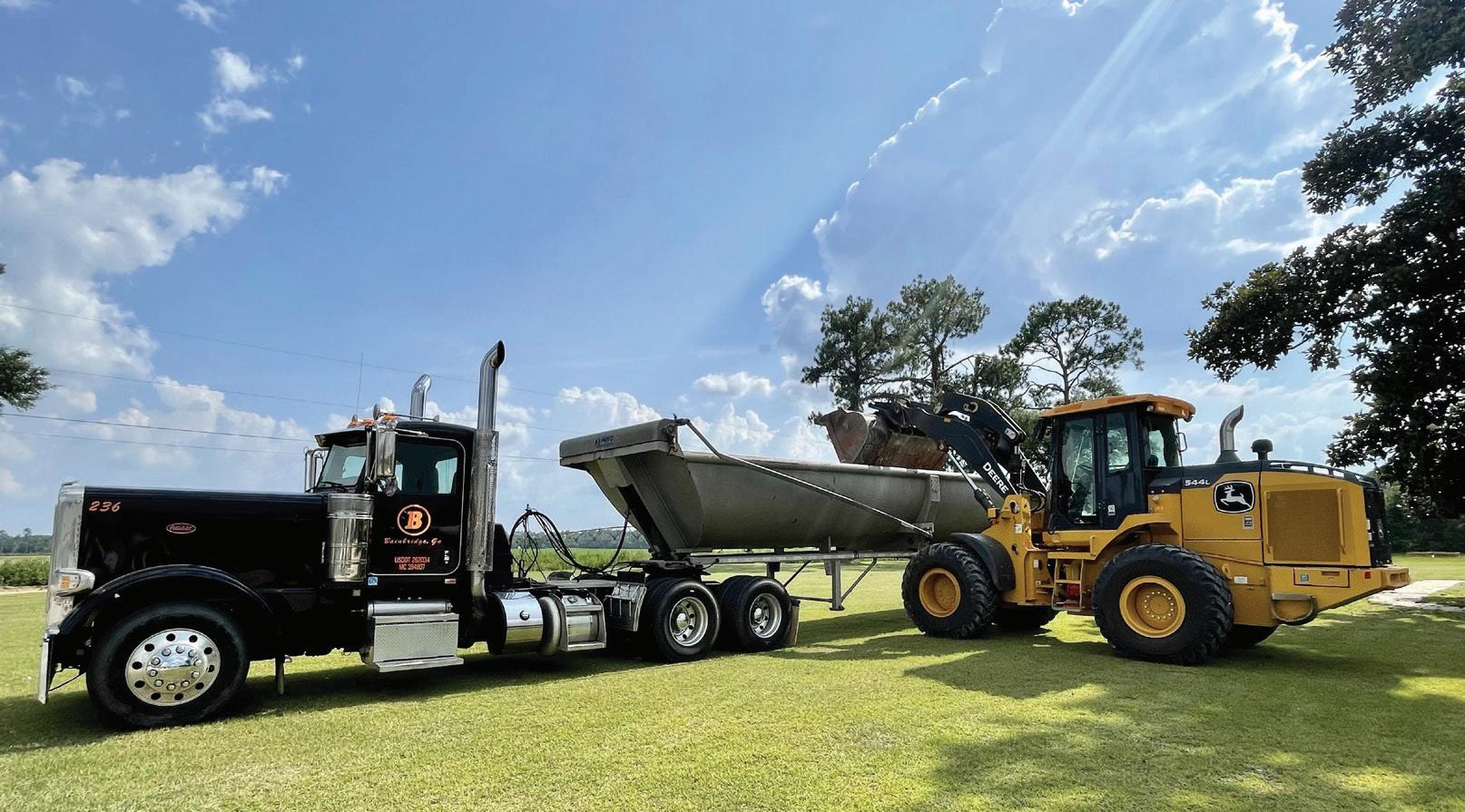


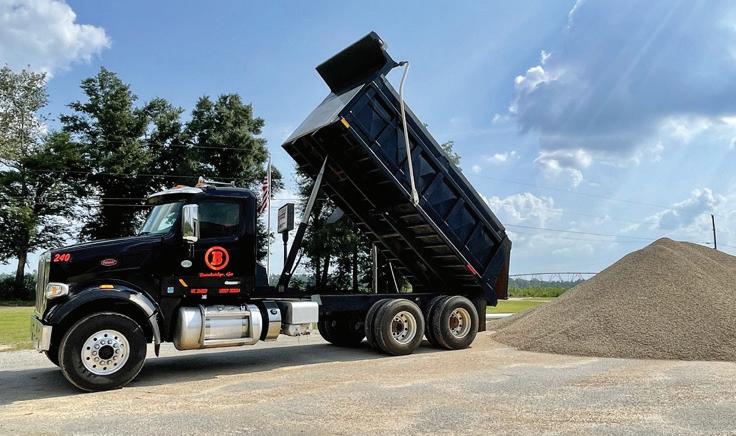



F O L L O W T H E


F O R Y O U R W E E K L Y

B A I N B R I D G E S P O R T S
C O V E R A G E



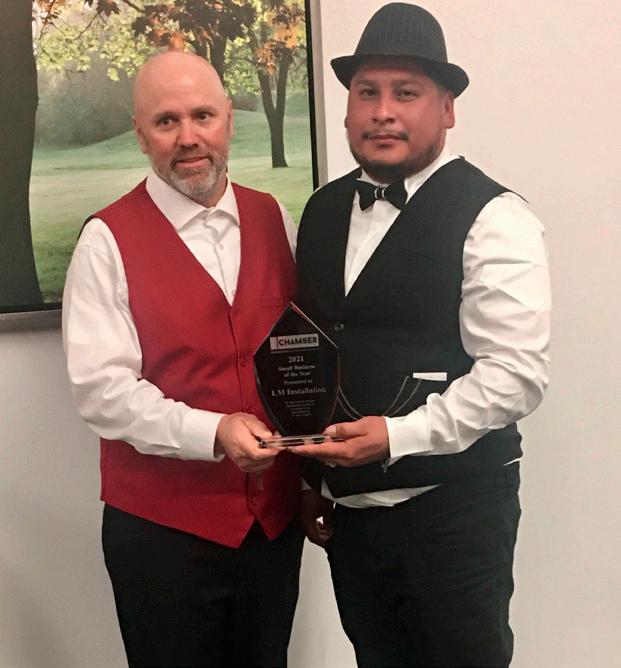


Kevin Rentz lives in a quaint, ranch-style house with his wife, Amanda Rentz, and their two children. Their looping driveway, front-porched home is tucked away in rural northwest Decatur County. The house has fine curb appeal, but the behind the house is where it gets interesting.
The land Rentz’s residence sits on was originally his grandfather’s, as well as hundreds of acres of farmland in his backyard that Rentz uses to carry on a family farming history that spans four generations.
“My great-granddad moved here originally, from Baker County, and bought his first piece of land,” Rentz said. “Then my Granddaddy, he’s the one that really started growing the whole deal.”
Rentz is the owner and operator of Rentz Family Farms. He is a fourth-generation farmer and grows his crops on the same land that has been used by the Rentz family since it began farming in Decatur County nearly a century ago.
The family’s agriculture legacy in Decatur County started with Rentz’s great-grandfather, Giles Oliver, and it almost ended as quickly as it started. Giles bought 800 acres of land in
BY NOAH WATSONBrinson, without really being able to afford it, according to Rentz.
“He almost couldn’t pay for it,” Rentz said. “And then he made the best crop they ever made, and he just paid it all off the next year.”
Oliver ran the farm until he turned it over to his son Marvin Rentz, Rentz’s grandfather. Marvin took over and turned the family farming business into an agricultural centerpiece in Southwest Georgia.
“Granddaddy built pretty much what you see now,” Rentz said. “He was the man behind the push.”
Marvin bought his first piece of land in the 1940s— the plot Rentz now lives on— for $50 an acre. With the newly purchased real estate, Marvin expanded the business significantly.
With more land, he could grow more crops. With more crops, he could reach more customers. But with more customers, he needed more ways to reach them.
So, Marvin started Rentz Farm Supply Trucking in the late 1960s, an in-house shipping service that they could use to distribute their products more efficiently and at a higher rate. The business boomed, and the shockwaves reached the community.
“ He pulled up and said, ‘Listen, I’m retired. If you want to rent it, you can rent it. If not, I’ll find somebody else.’ I was like, ‘Ya I want to try.”
“He and Elberta Crate became the largest employers in Decatur County,” Rentz said. “My Granddaddy probably employed seventysomething people back in the 60s.”
Marvin was beginning to create a family farming empire. While the trucking company was picking up, Rentz Farm Supply, another branch of the farm that started in the early 1960s, was active in South Georgia. The farm supply business was centered around offering farming services such as spreading and selling fertilizers and chemicals, acting as a “retailer,” according to Rentz.
Alongside that, Rentz Irrigation, a center-pivot irrigation business, was also active. The method of center pivot irrigation was just starting to catch on in Decatur County, according to Rentz, and the company supplied irrigation technology to farms in the surrounding area. Rentz Irrigation would eventually be sold to Rentz’s uncle, Don Rentz, and cousin, Jimmy Rentz, and is still run by Jimmy today.
“He was the largest insured with Georgia Farm Bureau Insurance in the state of Georgia at one time,” Rentz said. “It was a pretty bustling operation.”
Marvin continued to run the farm and its branching companies until the mid-2000s, when he reached out to Rentz and Rentz’s father, Dennis Rentz, for help. In 2005, Rentz joined the farm, and Dennis joined the trucking business to assist Marvin. In 2006, Rentz took the farm over with Marvin still involved. In 2008, Marvin stepped away.
“In ‘08, we had a great crop, but there was a tropical storm that come through and blew down all our corn,” Rentz said. “And my granddaddy, we were putting on a piece of equipment on the header to try and help pick the corn up off the ground. He was frustrated and, I mean, he pulled up and said, ‘Listen, I’m retired. If you want to rent it, you can rent it. If not, I’ll find somebody else.’ I was like, ‘Ya I want to try.”
Rentz and his father became partner operators of the farm and trucking business, and in 2009, they changed the name of the company to “Rentz Family Farms.”
Rentz’s expertise and experience weren’t necessarily in farming when he took over. He grew up on and around the farm, and farming is in his blood, but he worked in the irrigation business growing up.
“I always had an interest in agriculture, but I was never really involved in the farming because there was so much other family involved,” Rentz said. “But I was around, you know, I rode four-wheelers around here, and I was all over the farm even though I wasn’t out
there trying to drive tractors — even though I knew how — I watched the fieldwork from a distance. I guess it was in me… I was excited [to take the farm over], I was ready for the challenge.”
Rentz said his early career at the farm was up and down, but he had support from other farmers in the community to help him gather his bearings and learn how to run the business.
“I’ve always had some good people since I started that believed in me,” Rentz said.
“Tommy Dollar, locally, has been a really good ally and helped me through some things. Mr. Robert Cohen, who worked at Dollar Farm Products, he was good and helped me a lot…
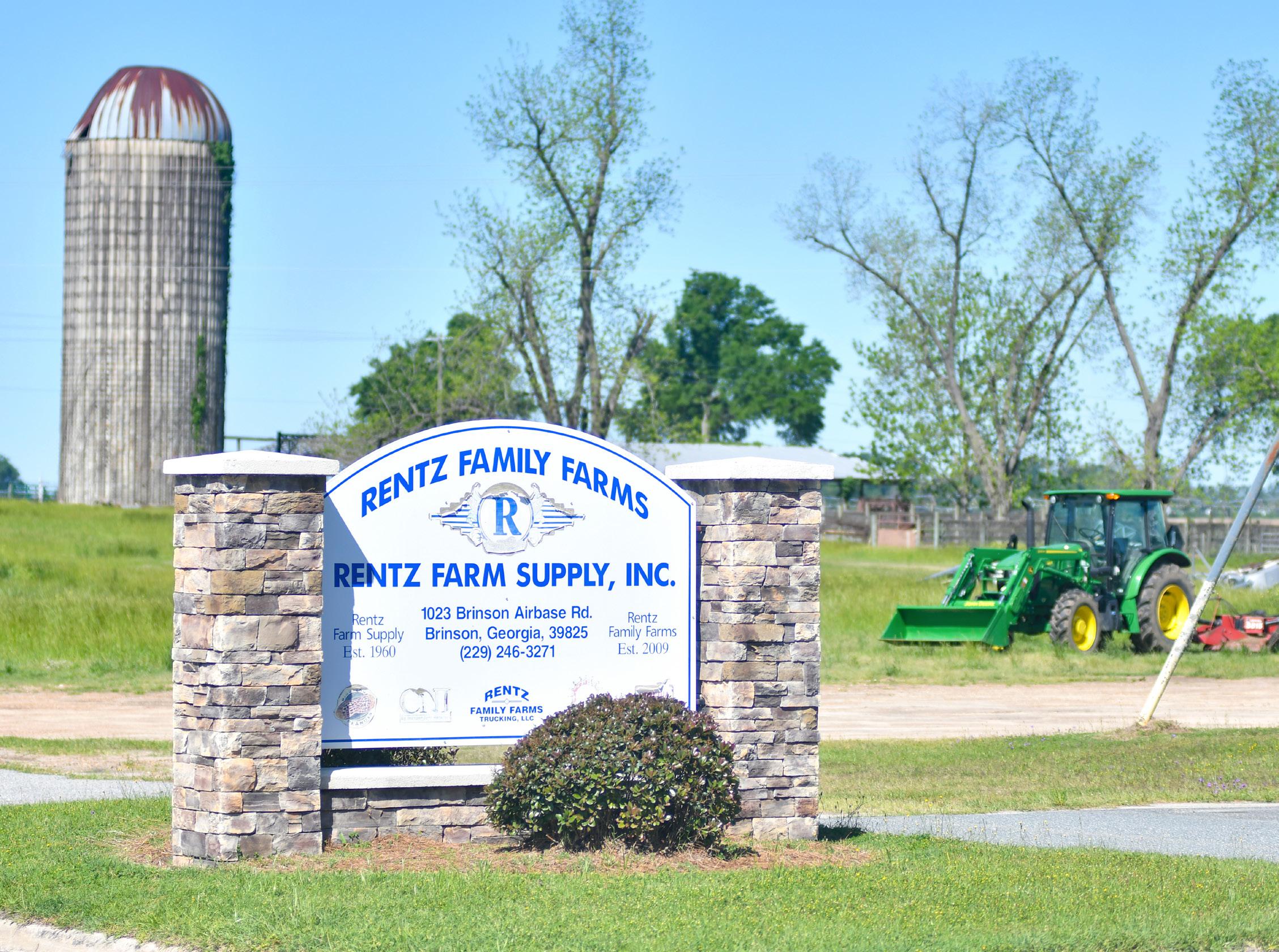
“
I’ve got a son and a daughter, so I hope they carry on the tradition too.
he was somebody I got a lot of advice from.”
Since starting, Rentz has brought a fresh perspective to the farm and its operations. He said he made a number of changes early on and has continued to push the farm forward, using what he learned working at Rentz Irrigation to make improvements.
“The irrigation, I think, was the worst thing in ‘06,” Rentz said. “That’s something I’ve really, since I took over, seen the difference in the amount of water a crop truly needs. That’s kind of my bread and butter. I still run every pivot on this farm.”
He made a myriad of other changes such as hiring crop consultants and growing specialty crops. In 2011-2012, he won the Georgia Peanut Achievement award for that year’s highest peanut yield, and in 2017 won the Georgia
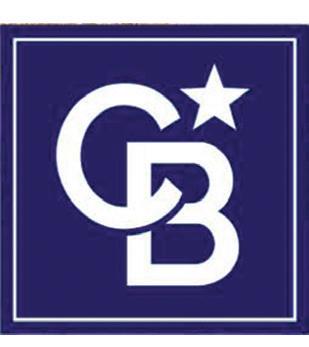
Young Farm Family award for outstanding farming at a young age.
“That’s how much we advanced since ‘06,” Rentz said. “A lot of it was the change in the way we were doing things. Things started getting really good for us. I got aggressive and I had a young crew working for me, they were aggressive… Those guys are still with me today. Without them, we couldn’t be where we’re at.”
Above all else, Rentz hopes to see the family’s farming legacy continue through the next generation.
“I’ve got a son and a daughter, so I hope they carry on the tradition too,” Rentz said. “My biggest concern now is building this all up and them keeping it together, you know, after I’m gone.”






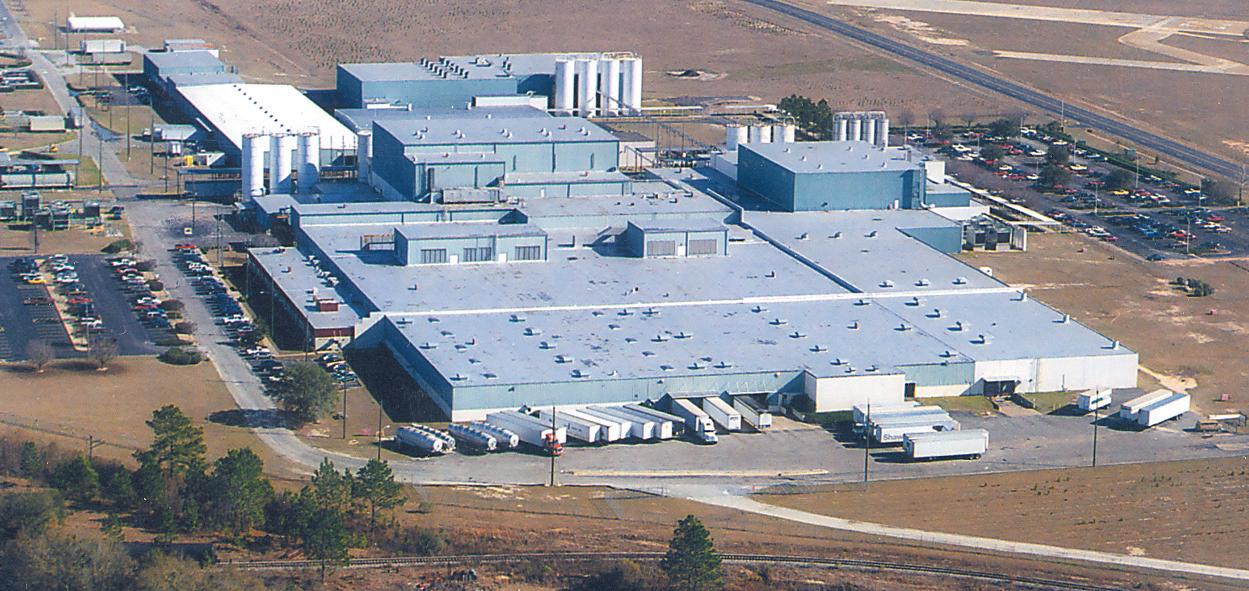

We understand life has its ups and downs, and we’re here to support you through it all. Whether you need emergency care, a highlyqualified specialist, or a trusted primary care provider by your side at every stage of life, we’ve got you covered.
Whether you live in Camilla, Cairo, Thomasville, or Quitman—or any town in between—when you choose Archbold, you’re choosing qualified healthcare professionals who are committed to doing whatever it takes to keep you safe and healthy.
Archbold Ear, Nose, Throat & Allergy
• Lorraine Williams-Rahming, MD, MPH, FACS
